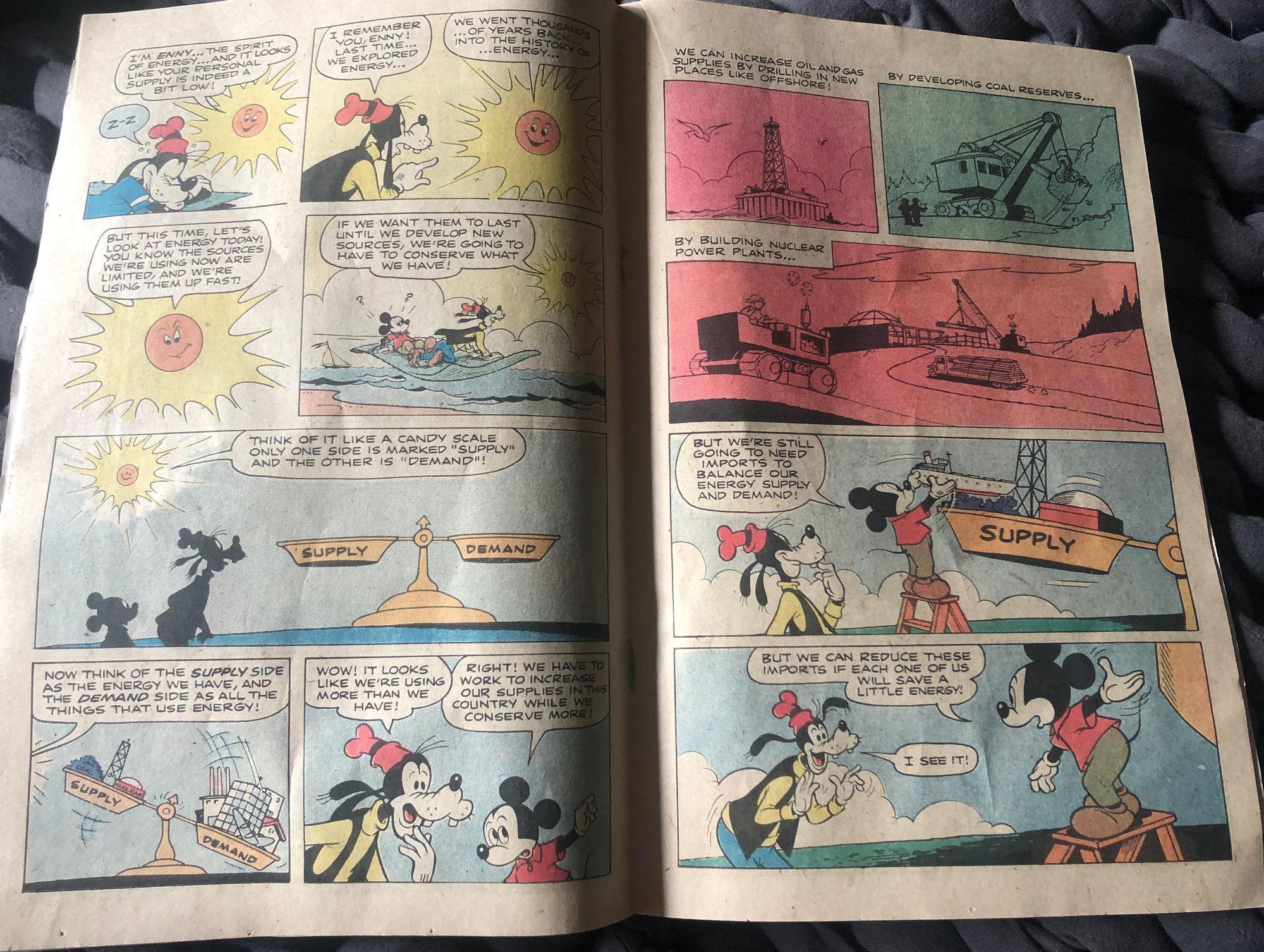From war to cigarettes, guns to GMOs to global warming, there are really only a handful of techniques that have been deployed over the past 125 years or so to shape and control public opinion, to make the masses an unwitting tool of the few and powerful. There's quite a bit of panic these days about disinformation and fake news, and with it a sense that this is a new problem, created by Gamergate or Trump or Steve Bannon or social media. The reality is that the techniques being used today are a century old; what's new is the distribution mechanisms, the relative ease of creating a platform and spreading whatever story you want far and wide. That part is scary, and most experts in the space say the solution is two-fold: media literacy and regulation. We're focused on the first bit, because once you know what the tried-and-true disinformation techniques are, and how they've been deployed, it's easy to spot them and thus disarm much of their power.
Following is a glossary of techniques based on more than 20 years of investigative journalism from Amy Westervelt, and pulling from the work of several academic researchers as well, including Melissa Aronczyk at Rutgers University, Timmons Roberts and Robert Brulle at Brown University, Riley Dunlap at Oklahoma State University, Aaron McCright at Michigan State University, Naomi Oreskes and Geoffrey Supran at Harvard University, Leah Stokes at University of California at Santa Barbara, and Ben Franta at Stanford University, many of whom are also members of the excellent Climate Social Science Network. We also owe a debt of gratitude to researchers not affiliated with any academic institutions, including Kert Davies and Dan Zegart at the Climate Investigations Center, Nick Surgey at Documented, and Lisa Graves at True North Research. We are very open to suggestions, additions, edits and critiques. Please send them to amy at critical frequency dot org.
Astroturfing
Astroturfing refers to groups that appear to be "grassroots" but are in fact front groups created and paid for by either a company or a PR firm acting on behalf of a company or industry.
Industries that use or have used it: Chemicals, food, oil, pharmaceuticals, tobacco
Examples
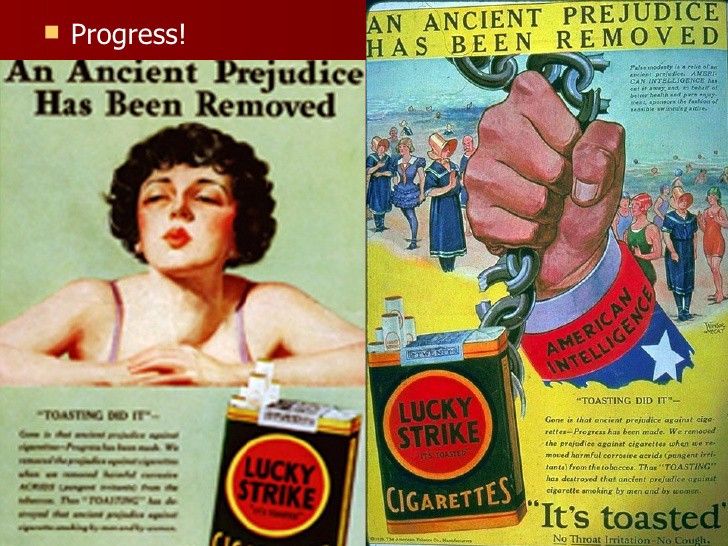
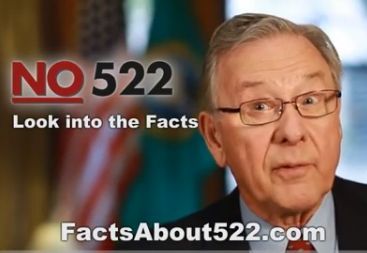
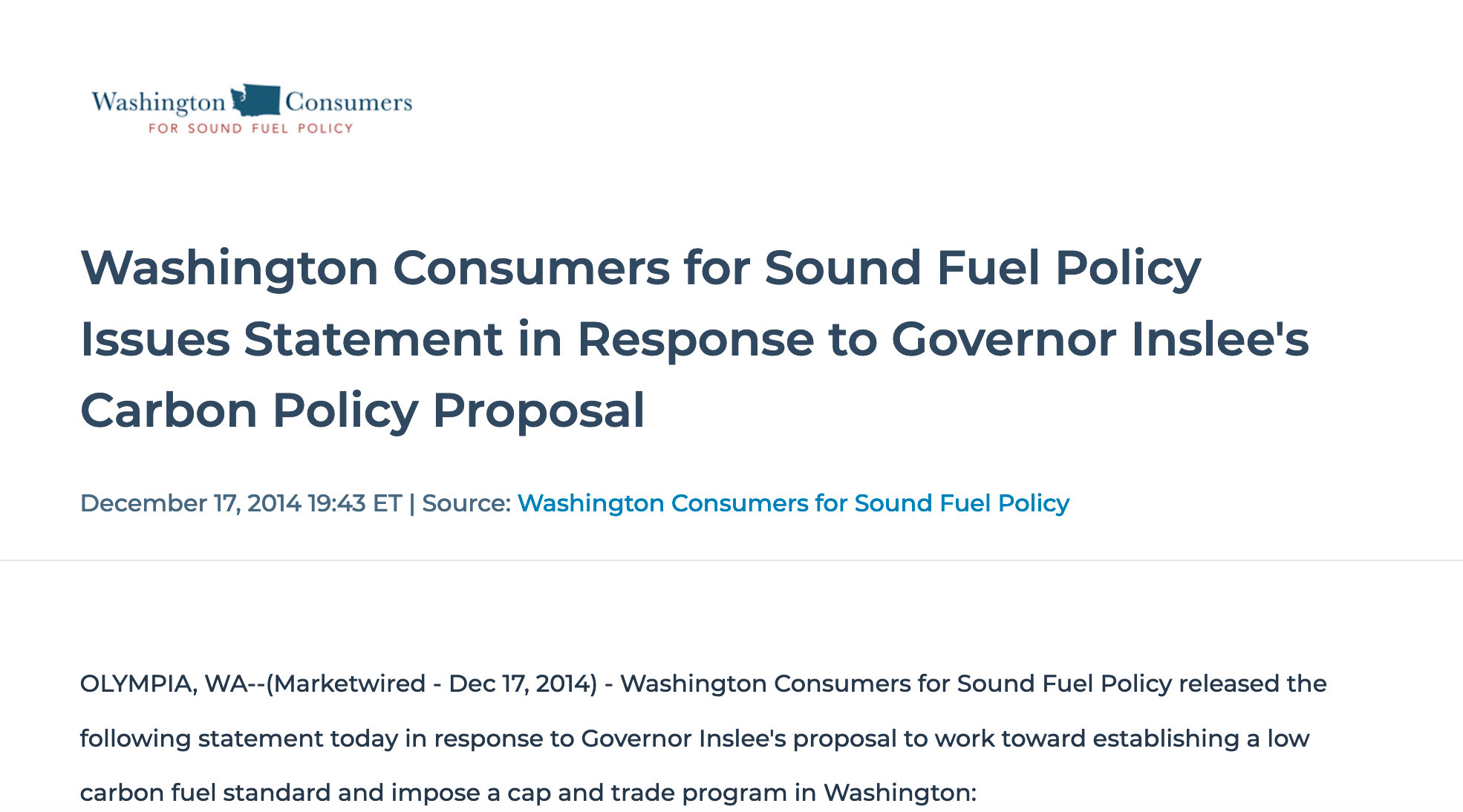
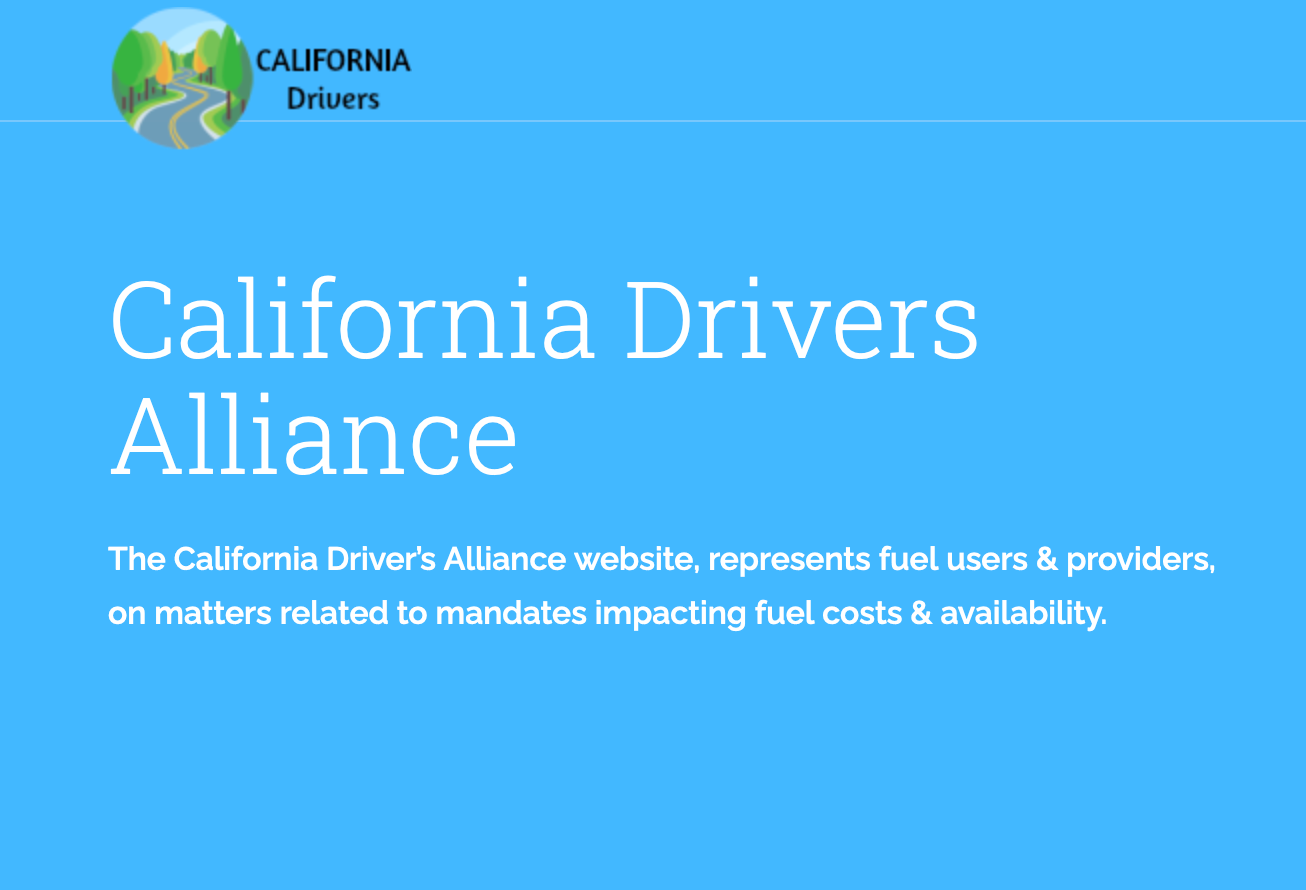
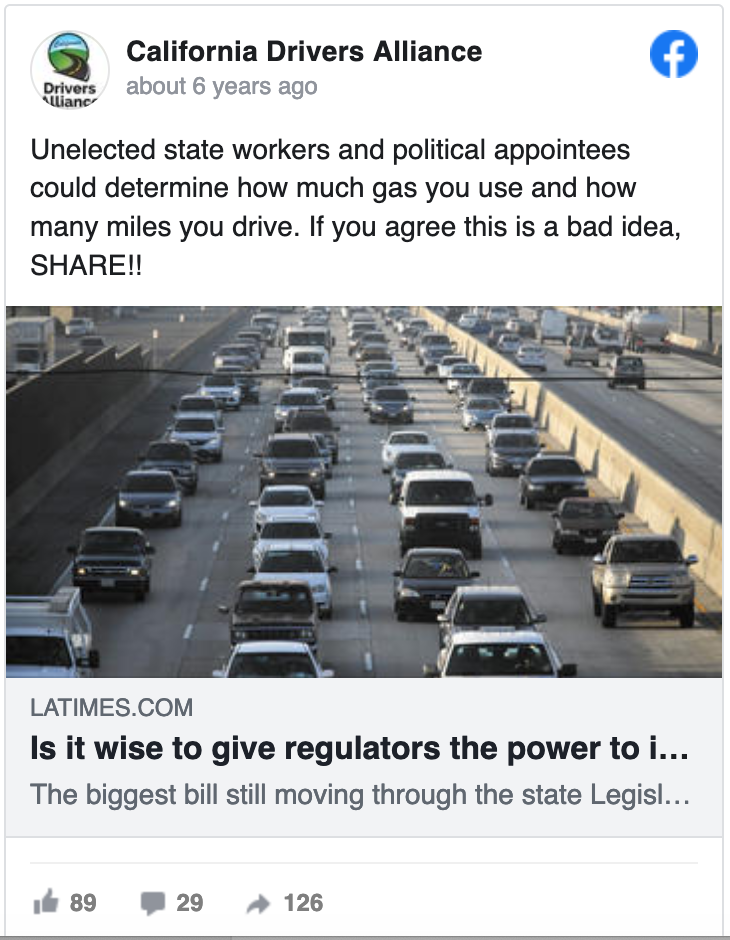
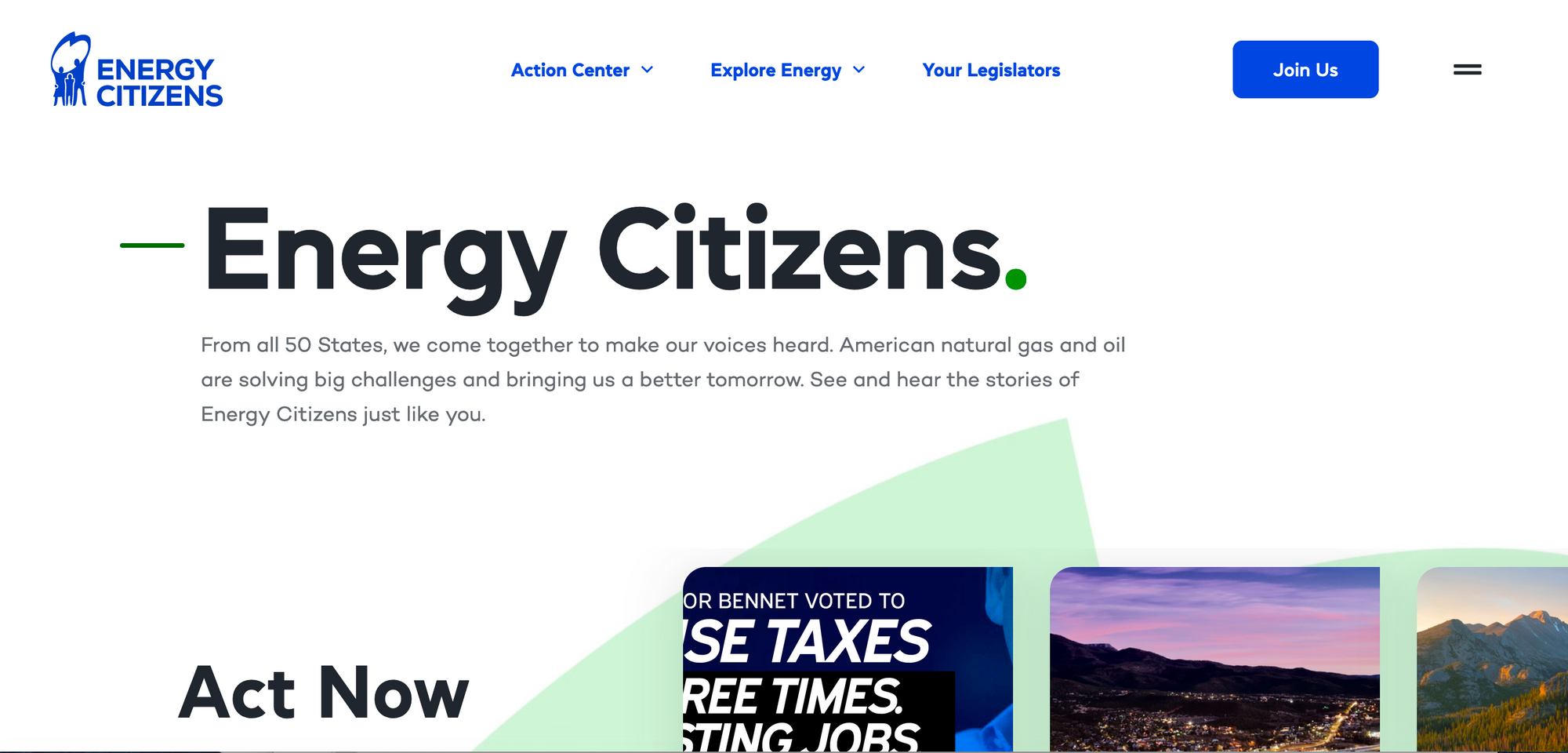
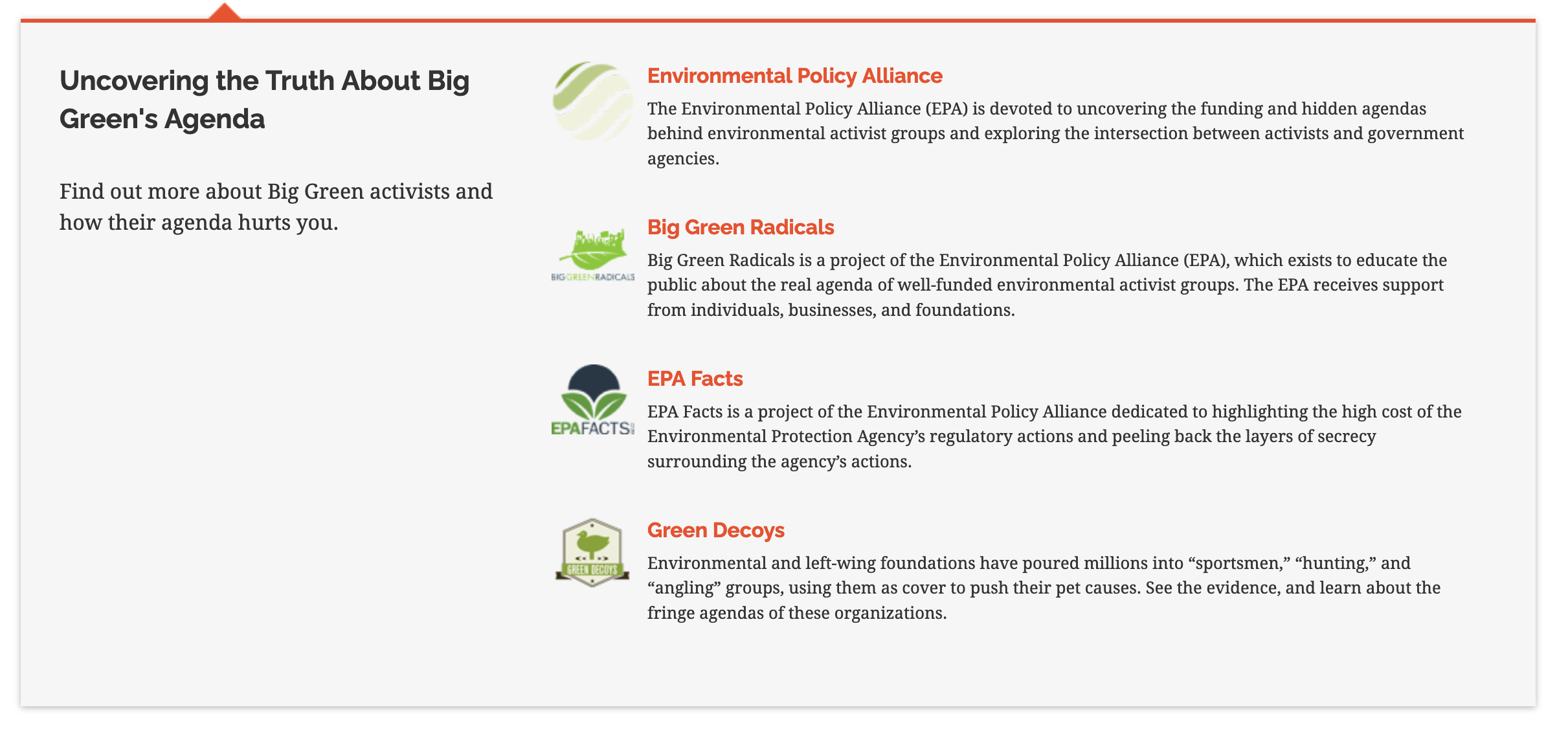
- Edward Bernays gave us one of the earliest examples of this with his staged Torches of Freedom protest on behalf of American Tobacco.
- Daniel Edelman and his firm became modern-day masters of it, creating groups like California Drivers Alliance or Washington Consumers for Sound Fuel Policy that sound and look like citizen groups, but are in fact funded and operated by the Western States Petroleum Association, an Edelman client and fossil fuel industry trade group that counts ExxonMobil, BP, Shell, and other large oil companies as members.
- Another master astroturfer is Richard Berman, who created the Center for Consumer Freedom—a front groups for groups, genius! From CCF, Berman and Co have run such greats as the Save the Plastic Bag Coalition, which claims to be a group of citizens concerned about preserving access to plastic bags by fighting bag bans, but is in fact a front group for plastics manufacturers. The campaign Big Green Radicals, which aims to paint large environmental groups as corrupt and hypocritical (and possibly even Russian spies), is also a Berman brainchild. In 2014, after The New York Times ran a story on leaked tape of Berman laying out the CCF strategy, he changed the name of the group to The Center for Organizational Research and Education (CORE), but it's still doing the same work.
Corporate Personhood
The idea that corporations are people and thus deserving of praise when they behave well, and a break when they 'mess up' (because it was probably just an accident anyway, geez, people are fallible and companies are just groups of people). Companies are, in fact, groups of people. They are not, however, people themselves. In fact they are legally required to behave very differently than people, which is why giving them the rights and benefits of people lends them an enormous amount of power. The most recent expansion of corporate personhood rights came on the heels of the Citizens United Supreme Court ruling, which enabled corporations to donate as much as they want to political groups and campaigns without disclosing it.
Industries that use or have used it: All of them
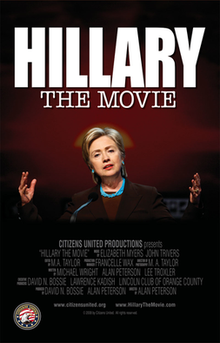
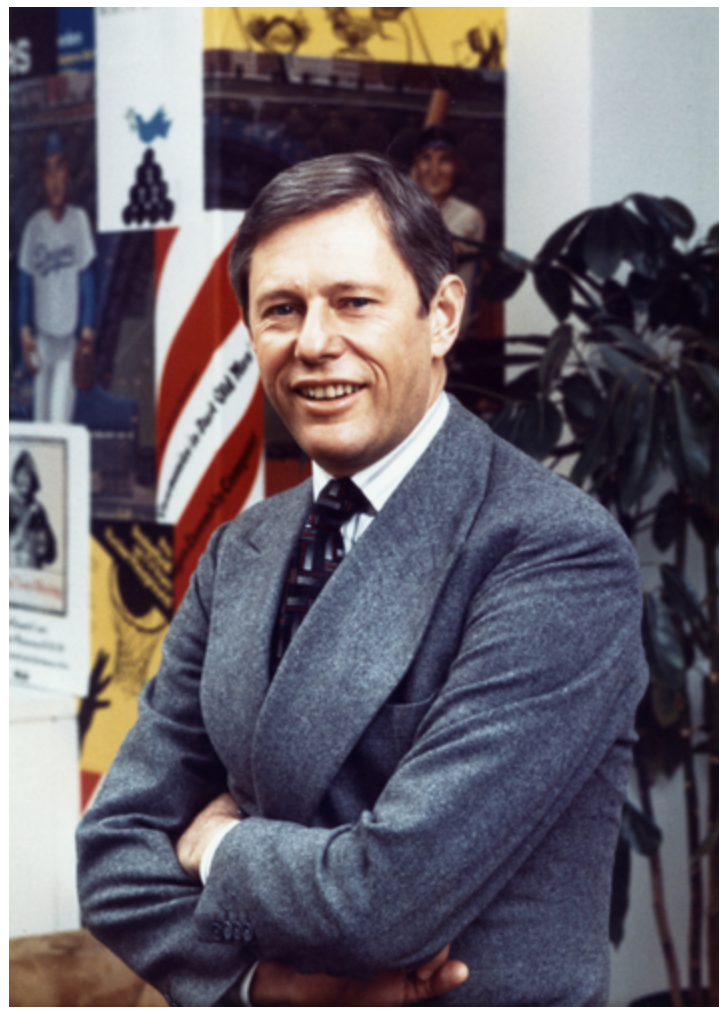
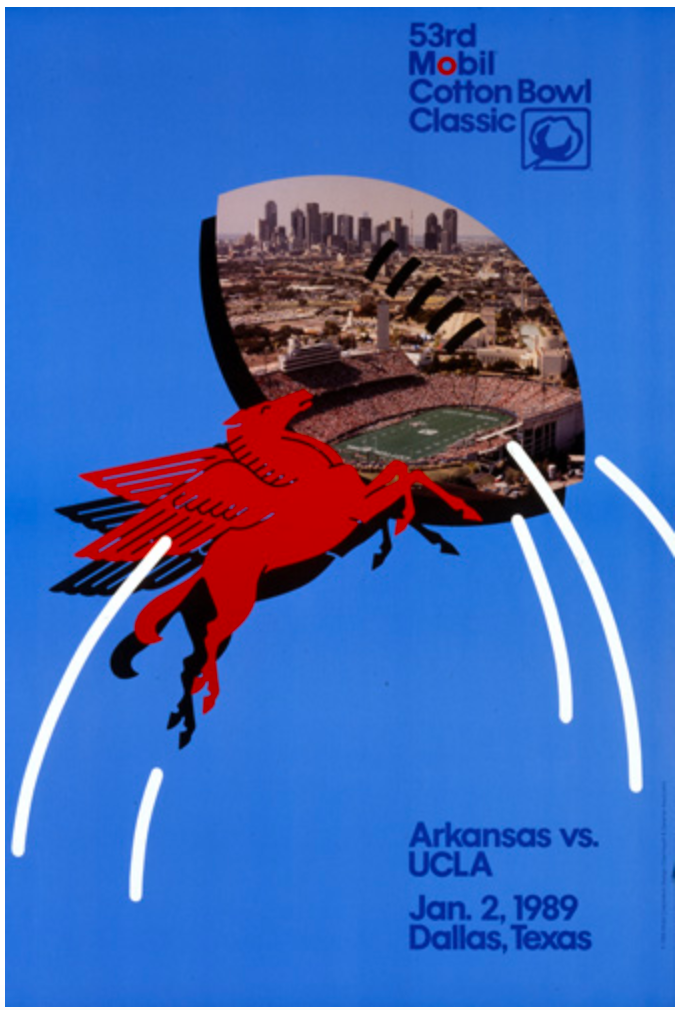
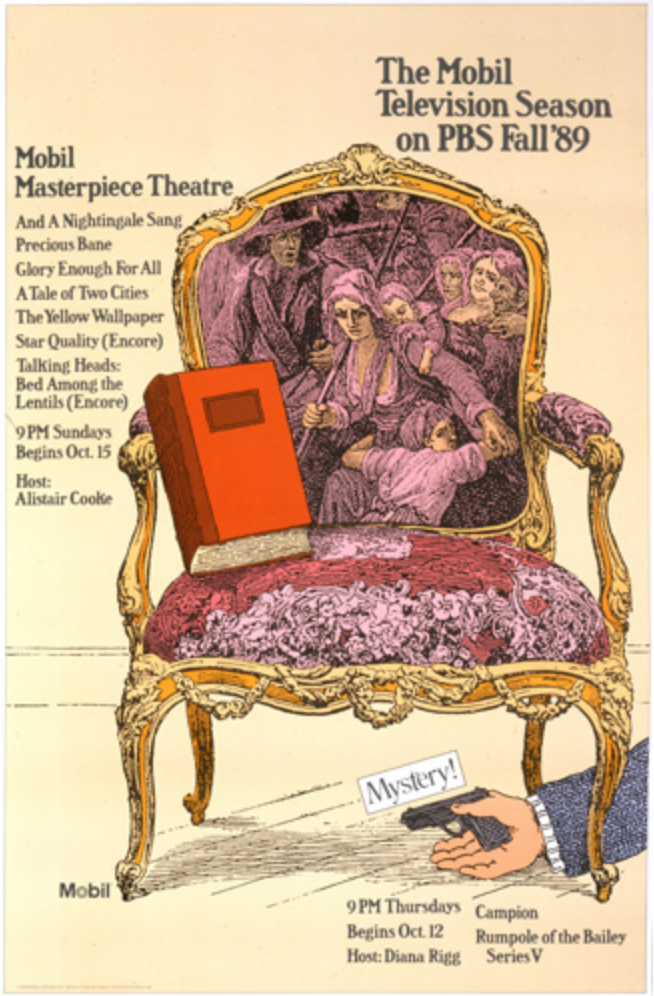

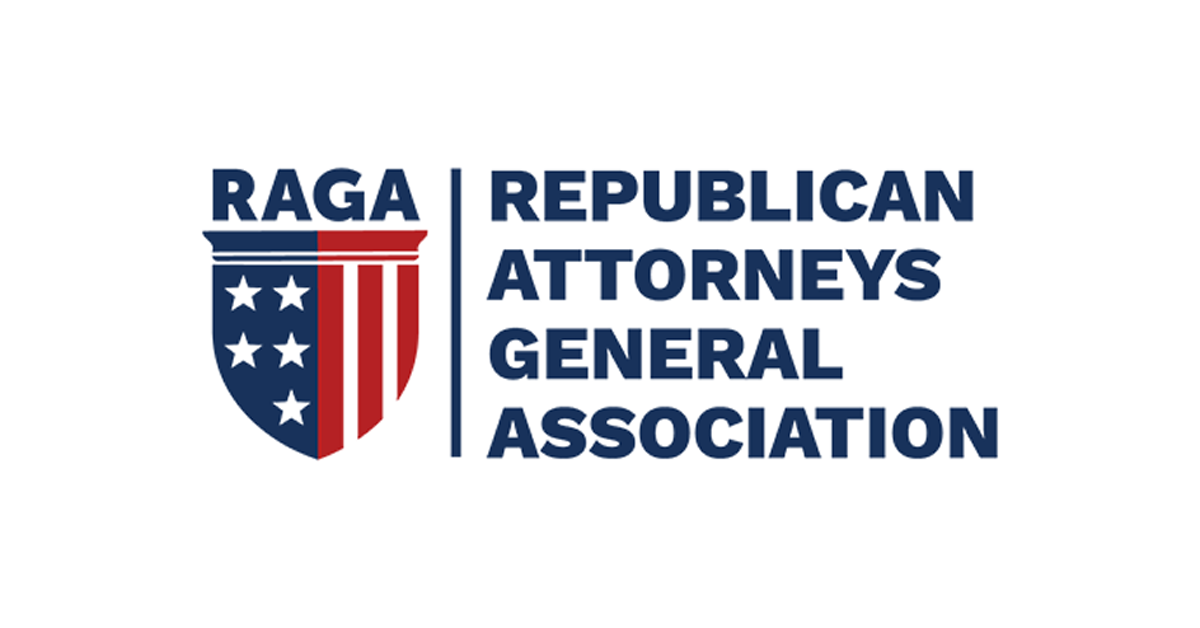

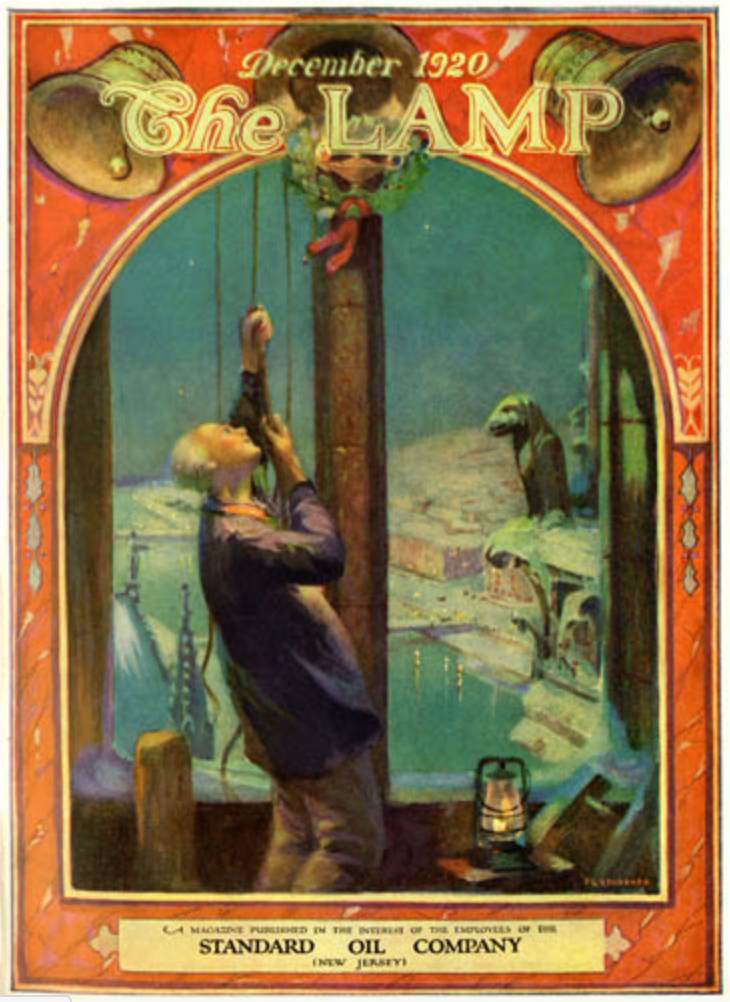
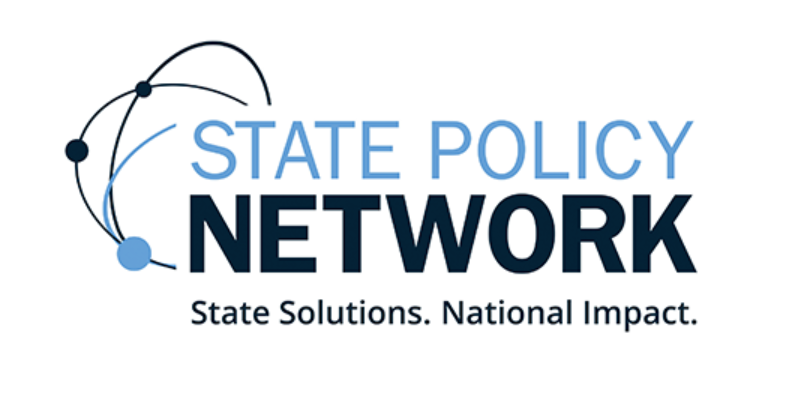
Examples:
- Herb Schmertz at Mobil was a huge fan of corporate personhood, and particularly of the extension of the First Amendment to corporations. According to research from sociologist Robert Brulle, Mobil was very active in one of the key Supreme Court cases to expand corporate First Amendment rights, long before Citizens United provided the nail in that particular coffin. That case was in 1978, First National Bank of Boston v. Bellotti. "I don’t think people really appreciate how big of a deal that was in shifting the rules of speech in the public space for that," Brulle says. "Now, suddenly, corporations could use their budgets, which are much larger than individuals, to advocate their position in the public space. And as a sociologist, I would say that what this did was it allowed for a systematic distortion of the public space in that it gives corporations basically a loudspeaker to amplify their voice above everybody else’s." In the wake of that decision, Schmertz began to dominate the pages of the New York Times' opinion section with weekly paid advertorials, and to put more and more of Mobil's budget into sponsored content.
- Corporate personhood also played into oil companies' funding of public television and nature documentaries throughout the 1980s. Schmertz, again, was a pioneer here, sponsoring Masterpiece Theatre as part of a strategy to make Mobil "the thinking man's gasoline," but Chevron and Exxon soon followed suit.
- Corporate Philanthropy Some people might make this its own separate technique, but we see it as deeply intertwined with Corporate Personhood. The very first publicist Ivy Lee used corporate philanthropy to help burnish the image of The Rockefellers way back when, and it's been laundering the money and reputations of the wealthy ever since (most recently: the Sackler Family).
Corporate Social Responsibility
The idea that Corporate Social Responsibility is a PR tactic is a tough pill to swallow. There are companies that invest in the communities in which they operate, that track and try to improve their impact on the world. But the modern conception of corporate social responsibility was created for the same reason most of these techniques were created: to avoid government regulation. One of the godfathers of this particular approach to corporate social responsibility and business sustainability was E. Bruce Harrison, and Harrison's idea was that if you could convince the public and politicians that business could solve its own problems—could be both more responsible and more innovative if left to its own devices—the political will for regulation would evaporate. Harrison started his career working for the chemical industry to fight the impact of Rachel Carson's blockbuster book Silent Spring; he lost that battle, but he learned several important lessons that he went on to apply to work for the mining industry, automotive and manufacturing industries, tobacco, and oil. In the 1980s and 90s he worked on behalf of oil, automotive and manufacturing clients to push the idea that industry was already working to combat the greenhouse effect and could be trusted to manage emissions and any necessary energy transition themselves. But Harrison is far from the only practitioner of this tactic, and it spans every industry.
Industries that use or have used it: All of them
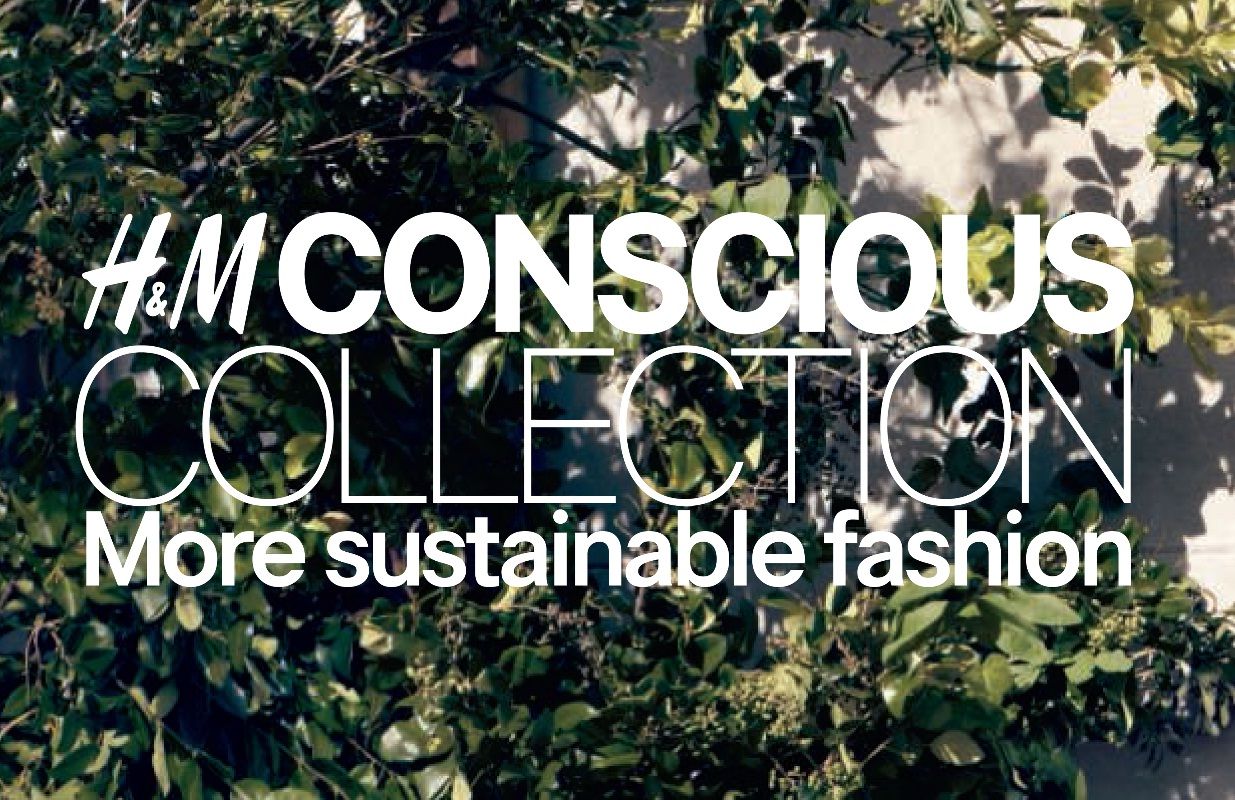





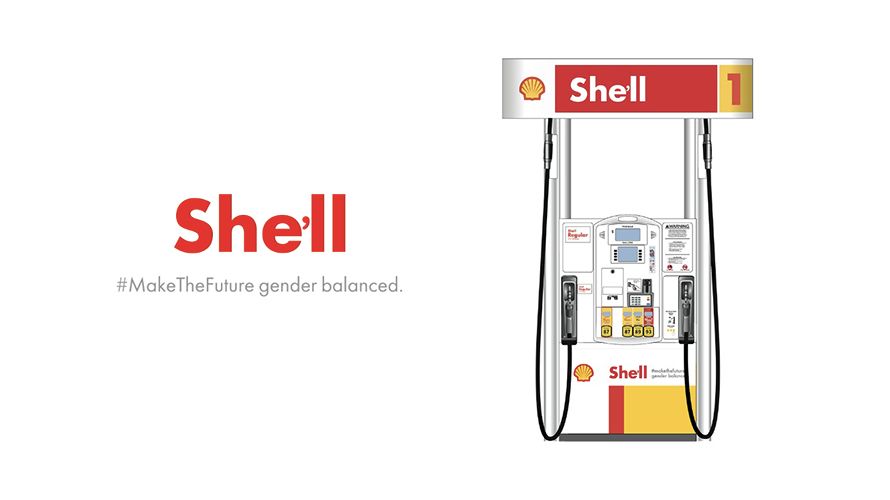
Examples:
- KFC selling chicken in a pink bucket for Breast Cancer Awareness Month
- H&M (and many, many other companies) reducing the emissions of their operations but not looking at the impact of their products at all.
- Pepsi's attempt to align itself with the Black Lives Matter movement via its Kendall Jenner ad
- Chevron and the American Petroleum Institute rainbow washing their social media feeds for Pride month
- Most "net zero" claims
- Autodesk positioning itself as a sustainability leader while providing the software necessary to build pipelines and mining machines
Creative Confrontation
“Fight back--the best defense is a good offense.” This was Herb Schmertz's key piece of advice to all businesspeople about dealing with the media. Schmertz preached a combative strategy for corporate public relations, which he had honed as a political operative in D.C. He urged businesspeople to create the illusion of access, playing hard to get with reporters requesting information or interviews, and to bring the hammer down hard on journalists, editors, and outlets who don't play ball.
Industries that use or have used it: Alcohol, automotive, food, oil, tobacco
Examples:
- Schmertz himself once famously cut the Wall Street Journal off from all information about Mobil or access to any of its executives for years when an editor there snubbed him. He encouraged fellow corporate media directors to ask journalists questions before deciding whether to cooperate; to investigate reporters; to set the agenda (and prepare) for the interview; and, if they decided the interview wasn't a good idea to “force them (the journalists) to say no by requesting conditions they can’t possibly accept.”
- Schmertz didn't necessarily invent the idea of "objectivity" in media, but he certainly bullied multiple journalists and editors into embracing the idea that they couldn't write critically about an industry without presenting the industry's side, and he encouraged many of his colleagues to do the same. Today it's still common practice. Consider the difference between these two approaches:
- False equivalence: “President Obama claims that he was born in the United States and thus is eligible to serve as president; his critics disagree on both counts.”
- Actual truth: “Barack Obama was born in Hawaii in 1961; a persistent ‘birther’ movement denies this fact.”
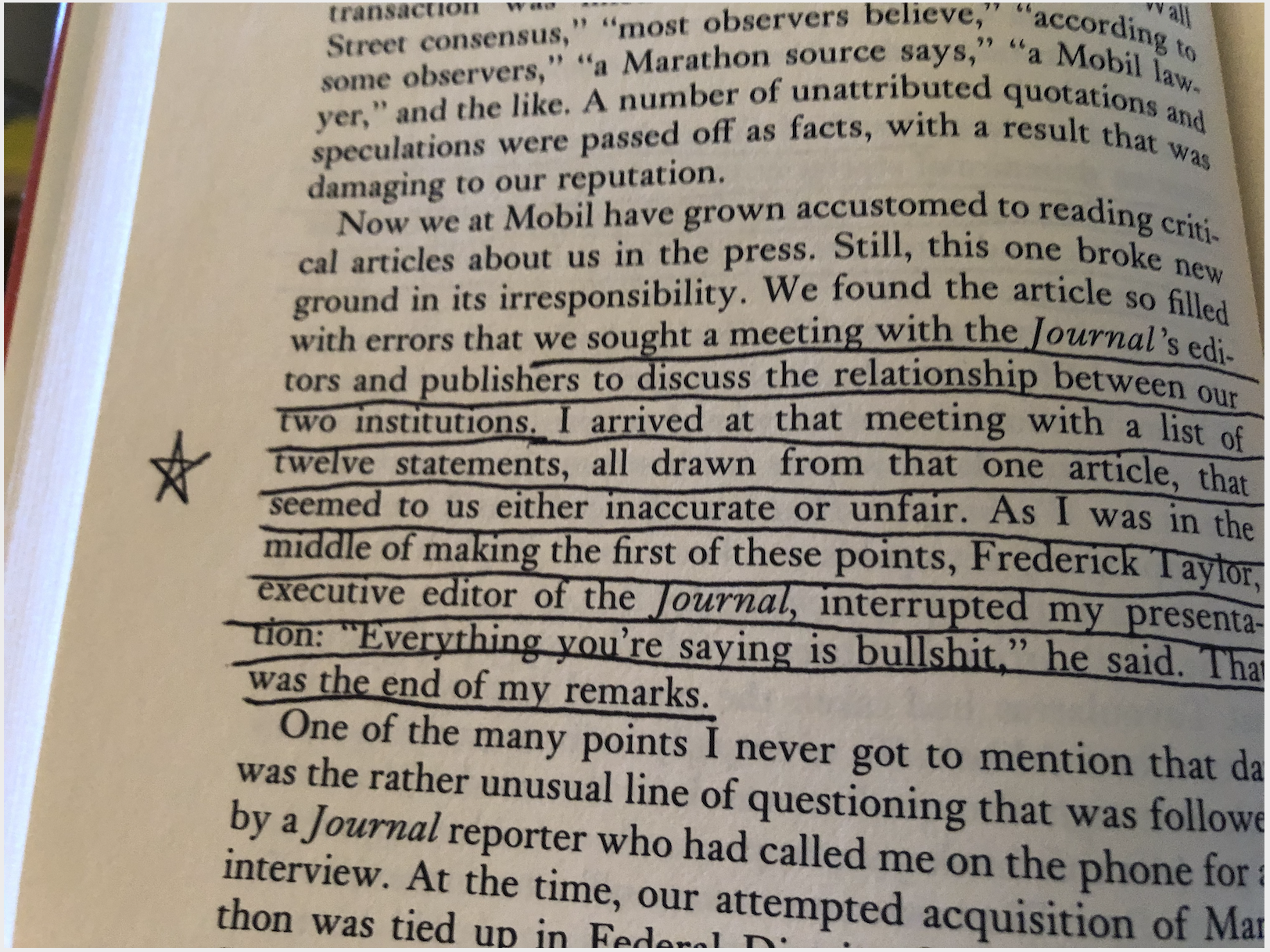
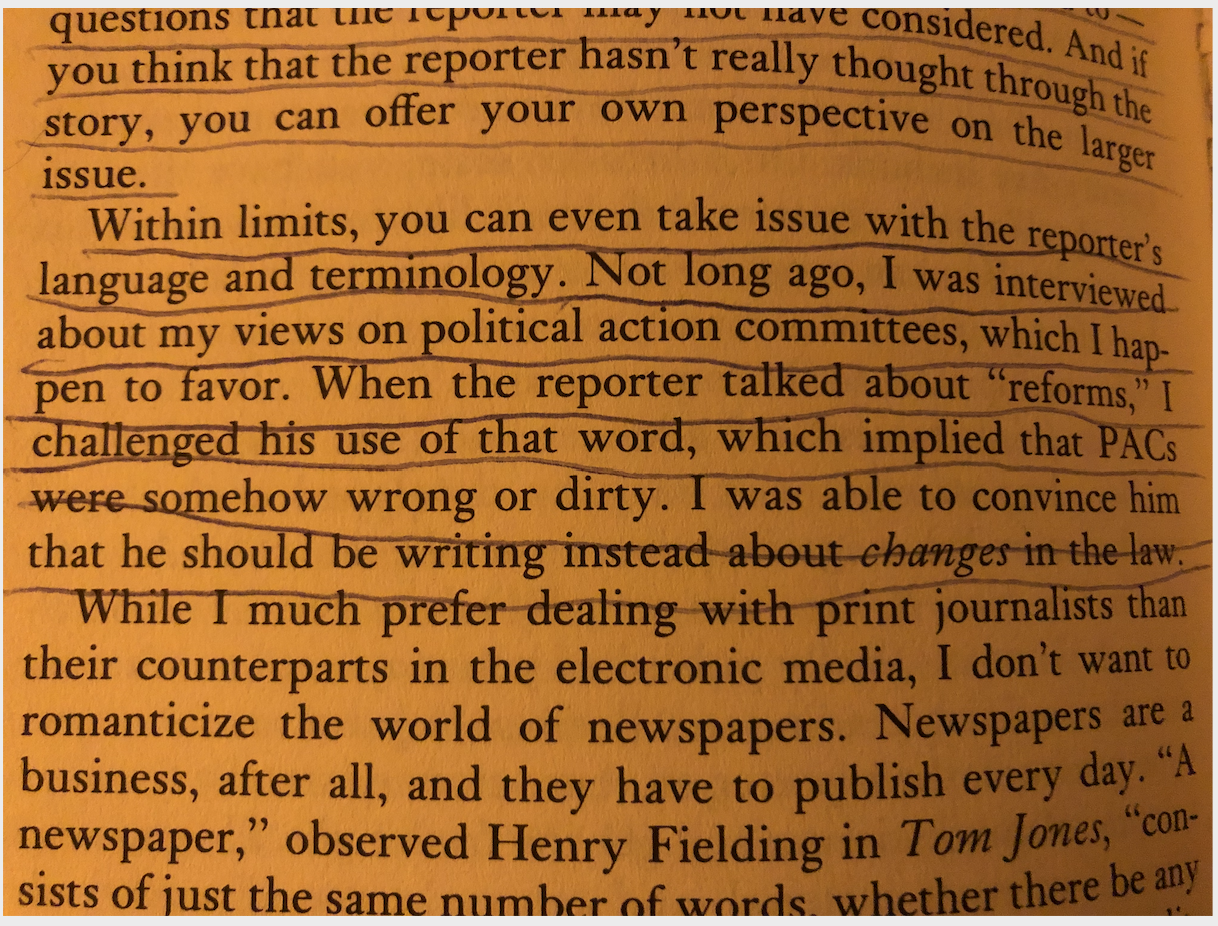
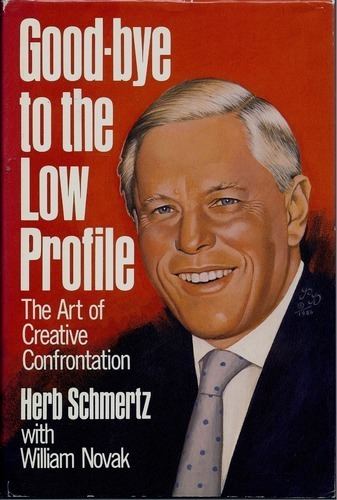
Crisis Actors
Like many of these tactics the "crisis actors" narrative has been used both by industry and in the political sphere. It refers to the tactic of accusing any group of protestors or critics of one's actions or industry of being paid actors.
Industries that use or have used it: Food, guns, oil, tobacco
Examples:
- The earliest example is Ivy Lee's assertion that the protestors at Standard Oil's mine in Ludlow, Colorado were actors hired by the local labor union and the protest was staged by famed activist Mother Jones. None of that was true, but the fact that such a story could be told was irresistible for other spin masters. Ironically, the only groups that have been documented as actually using crisis actors are industry groups (the most recent example being Entergy in Louisiana, a utility that hired paid actors to testify in support of the company's proposed New Orleans East power plant before the City Council).
- The most famous recent example of deploying the "crisis actors" narrative is rightwing commentator Alex Jones' accusing the bereaved parents of Sandy Hook victims of being crisis actors paid by the gun-hating left. The Parkland teens have also been accused of being crisis actors, as were immigrants trapped at the U.S. border.


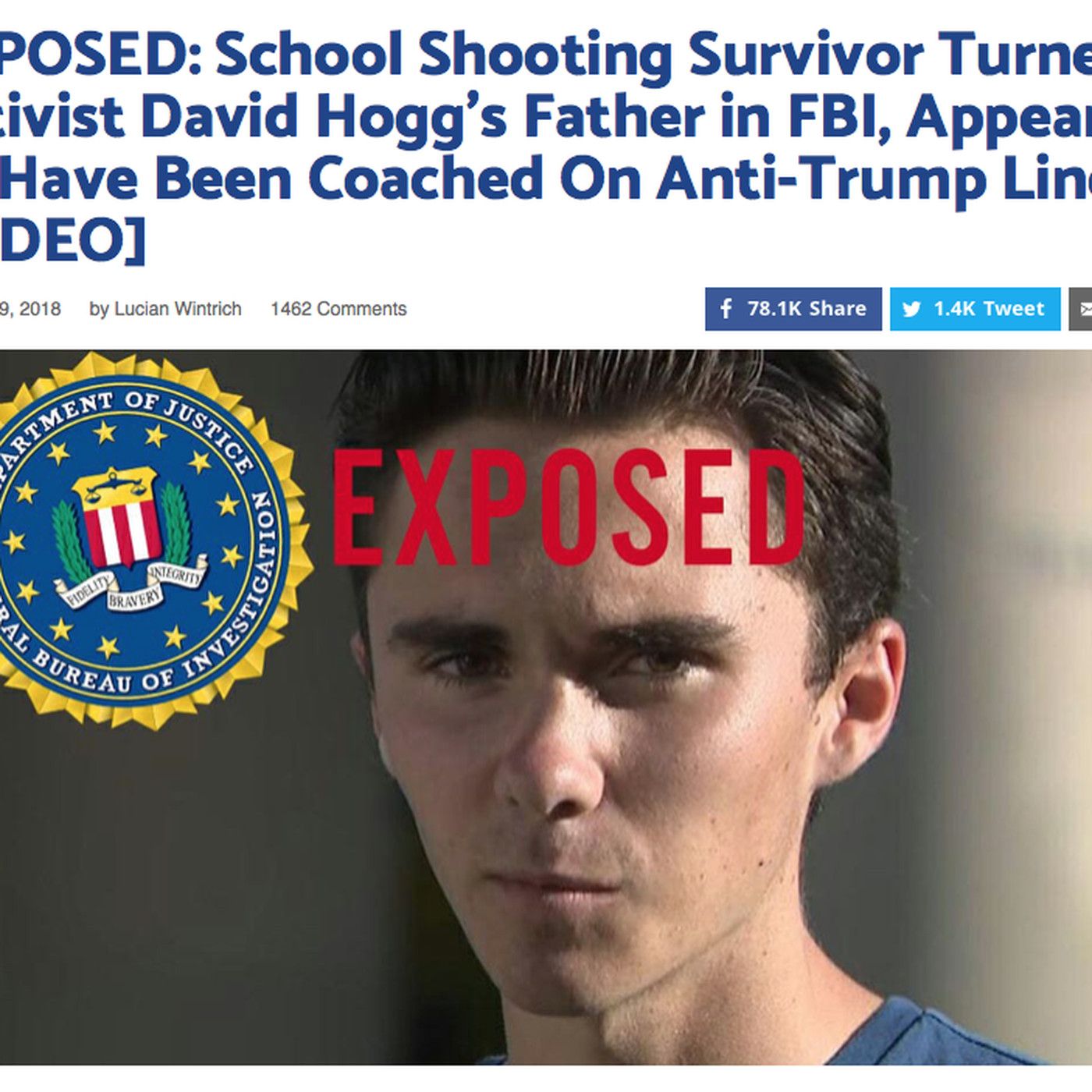
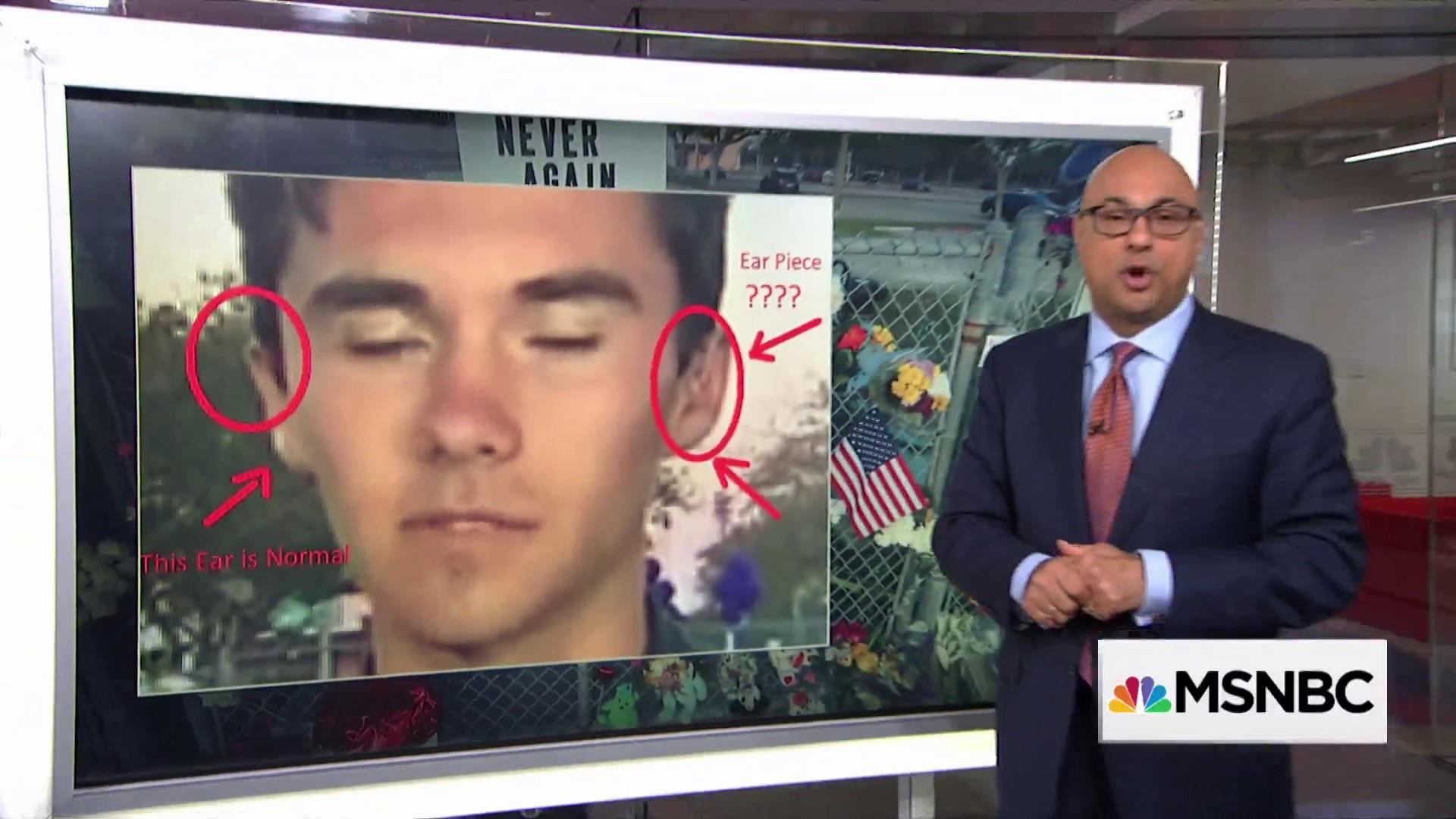
Fake Experts (Fauxperts)
Of all the techniques in this glossary, this is probably the most used and the most insidious. And the most problematic given the current rampant distrust of experts in the U.S. It's a technique that's been deployed since the very early days of the PR industry. Ivy Lee started doing it for the railroad companies even before he started working for Standard Oil and the Rockefellers. By the time Edward Bernays got his firm going, he had experts on retainer, ready to jump in and help legitimize his clients as needed. It's only continued from there, often bleeding into science denial (more on that particular flavor below).
Industries that use or have used it: All of them
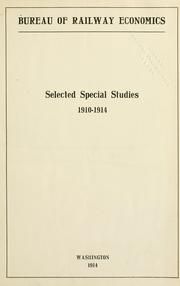
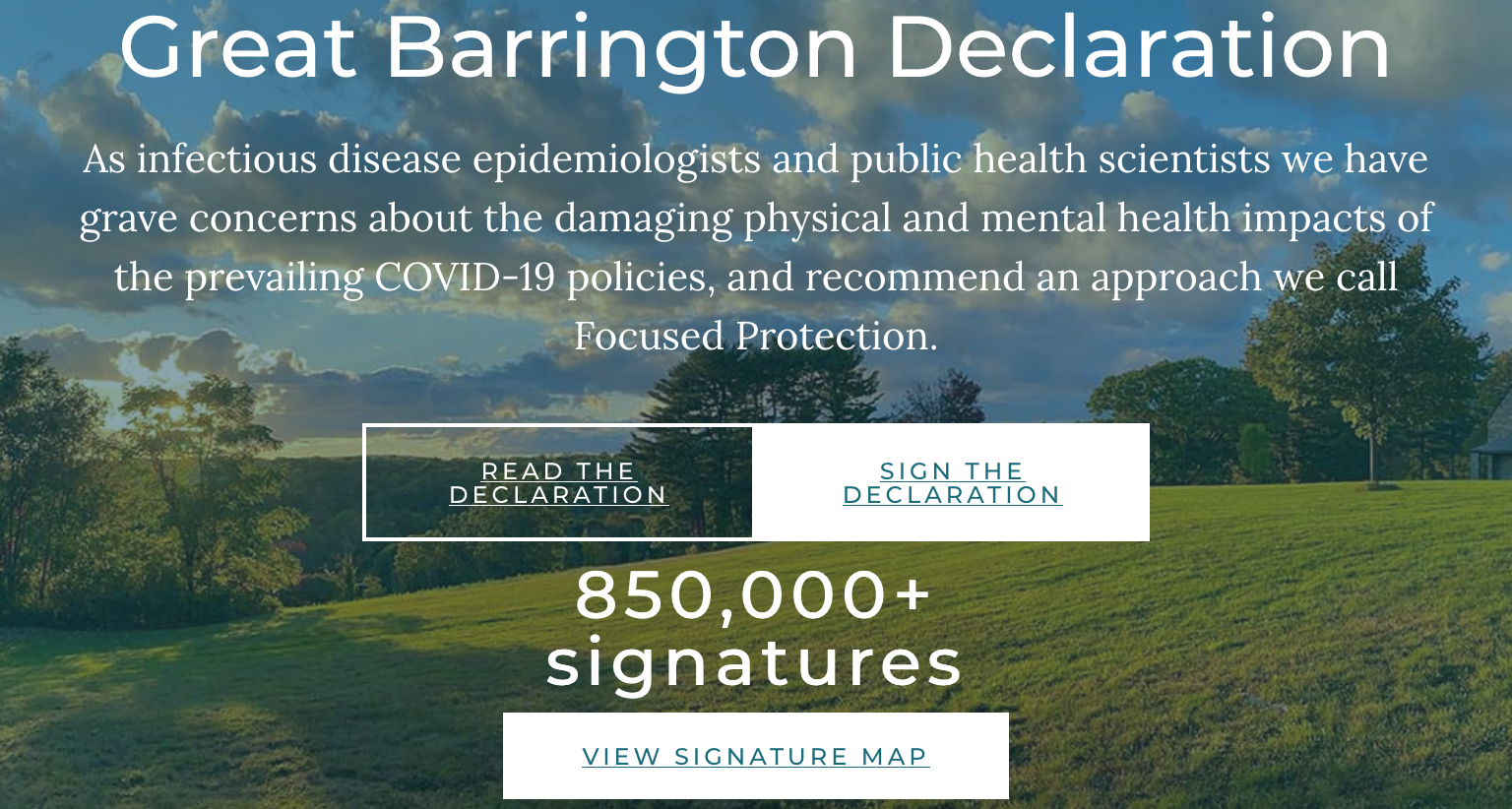
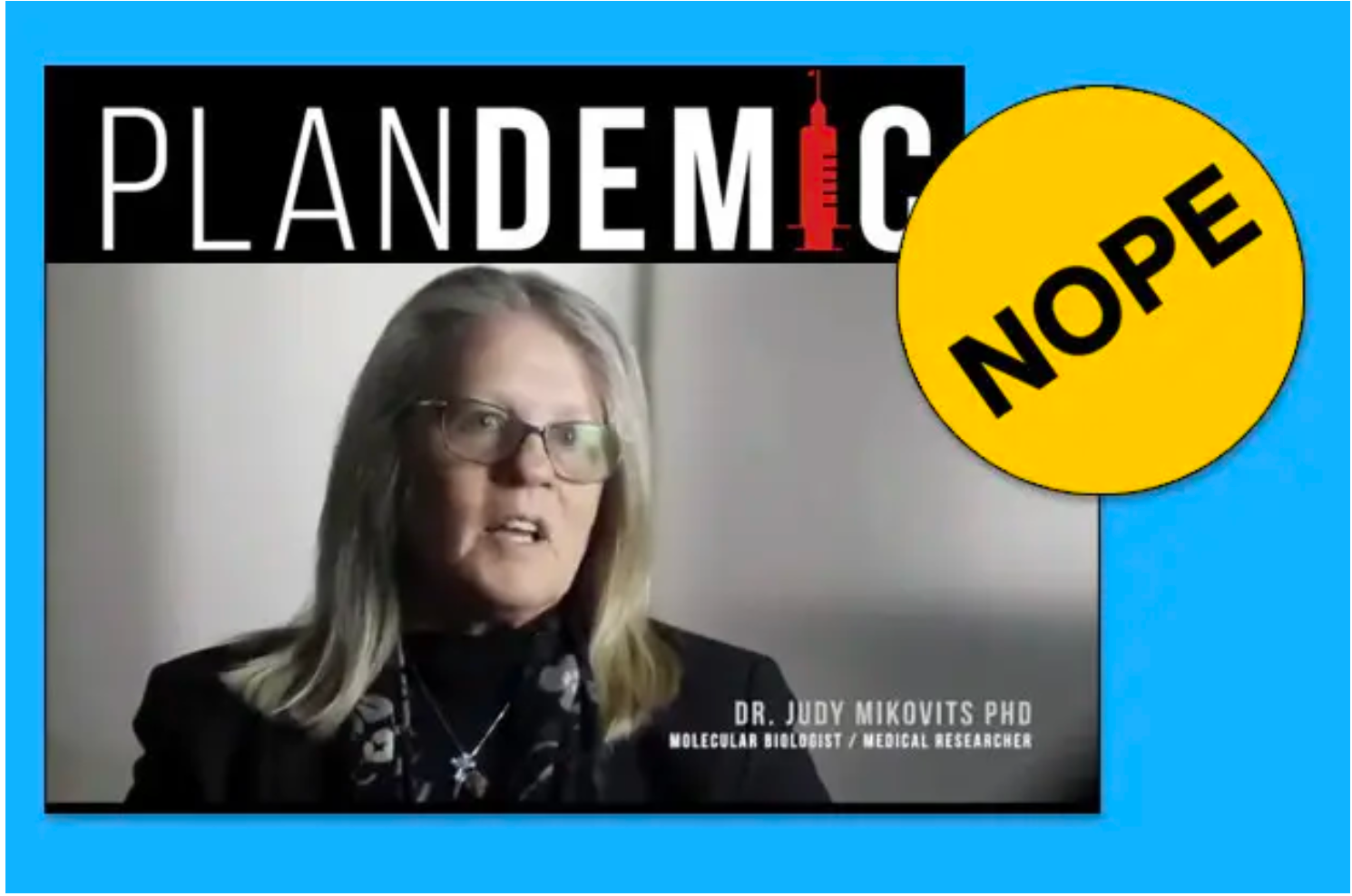
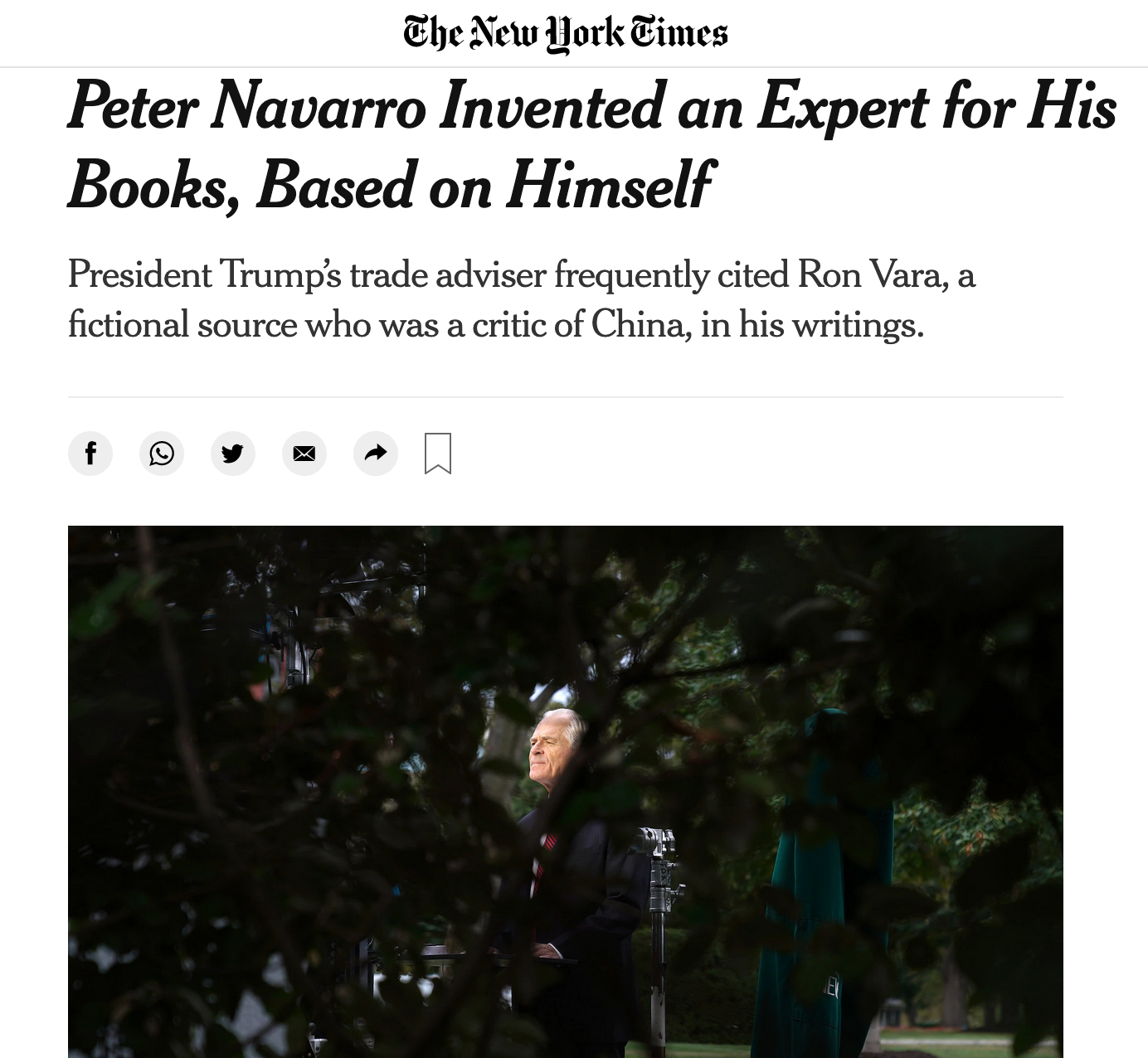
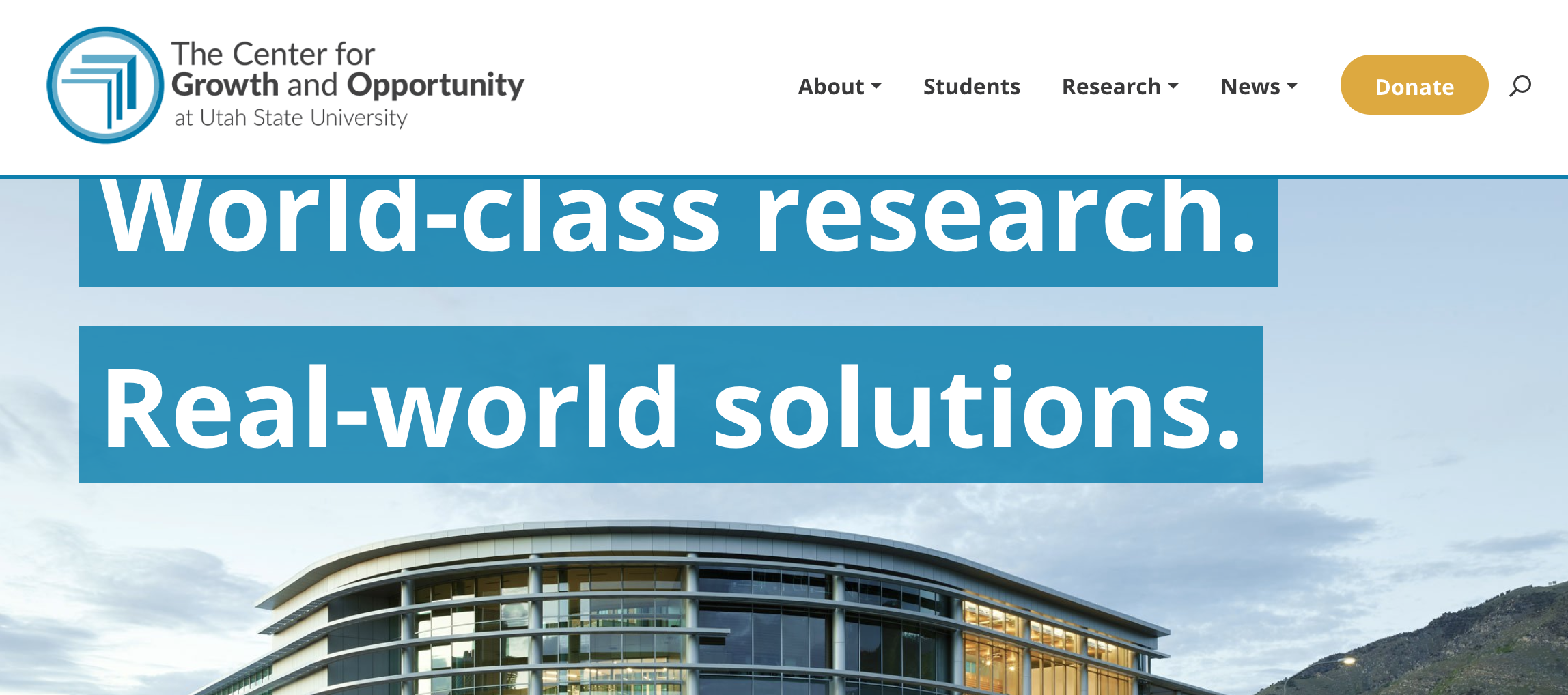
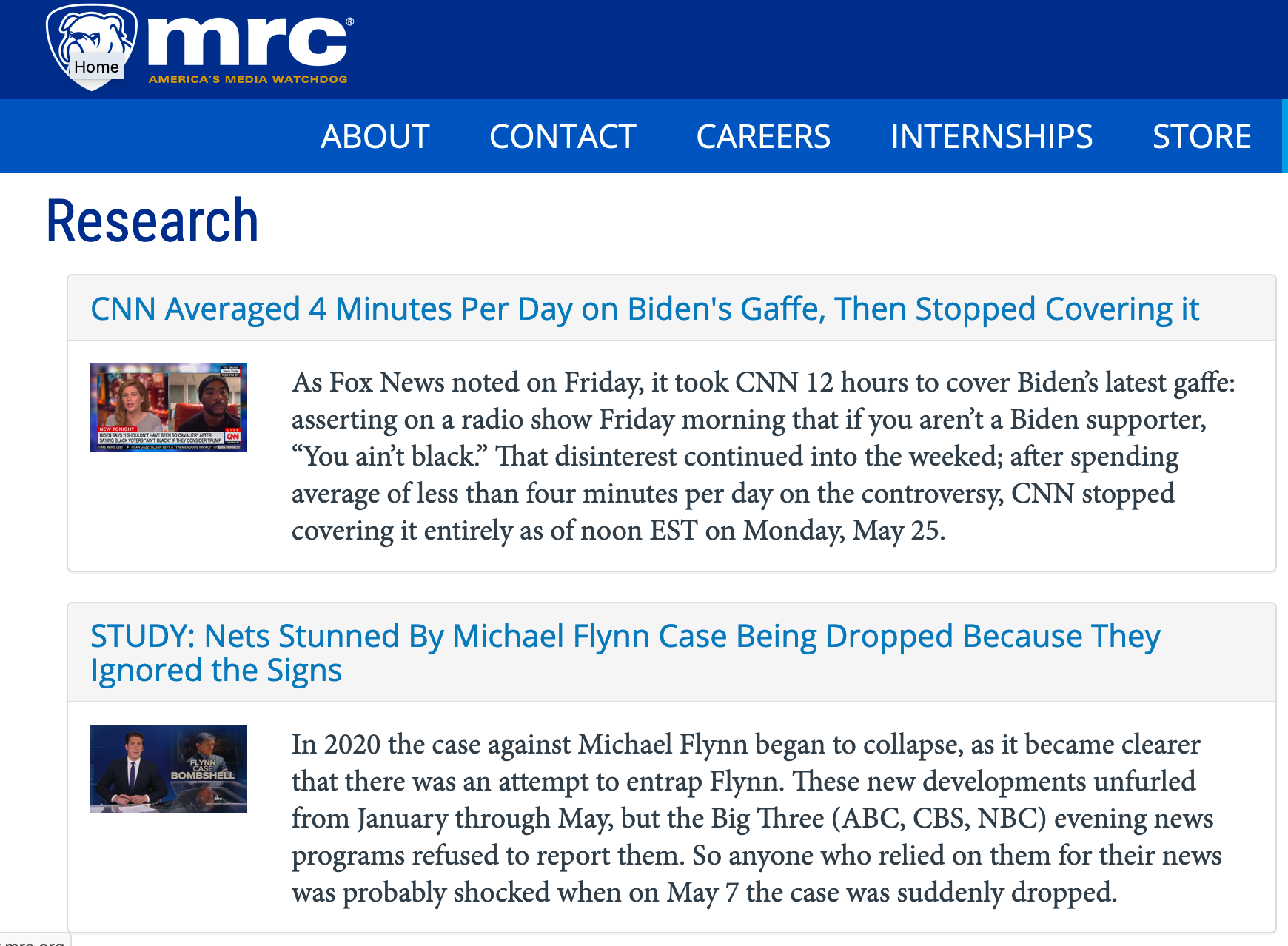
Examples:
- In 1913–1914, the railroad companies were pushing for a freight rate increase. Ivy Lee had been working for Pennsylvania Railroad since 1906, and had worked for various other rail companies too, so he helped found and advised the Association of Railroad Executives and the Bureau of Railroad Economics. The Bureau was staffed by real economists, but it was funded by the railroads and managed by Lee, a fact that most reporters didn't know when they were referencing the Bureau's data and charts in support of the railroad companies' perspective.
- In the 1940s, Bernays had his staff physician pull together a survey of thousands of doctors to say that a hearty breakfast featuring his client's product—bacon—was the healthiest way to start the day.
Individualizing Systemic Problems
This tactic works particularly well in the U.S. where individualism is a core social value. Waste becomes a littering problem, car safety becomes a driving problem, and so forth. It's a handy way for an industry or company to acknowledge a problem and the need to do something about it while shifting the responsibility for both creating and solving the problem onto individual consumers.
Industries that use or have used it: Apparel, automotive, food & beverage, oil, pharma, tobacco


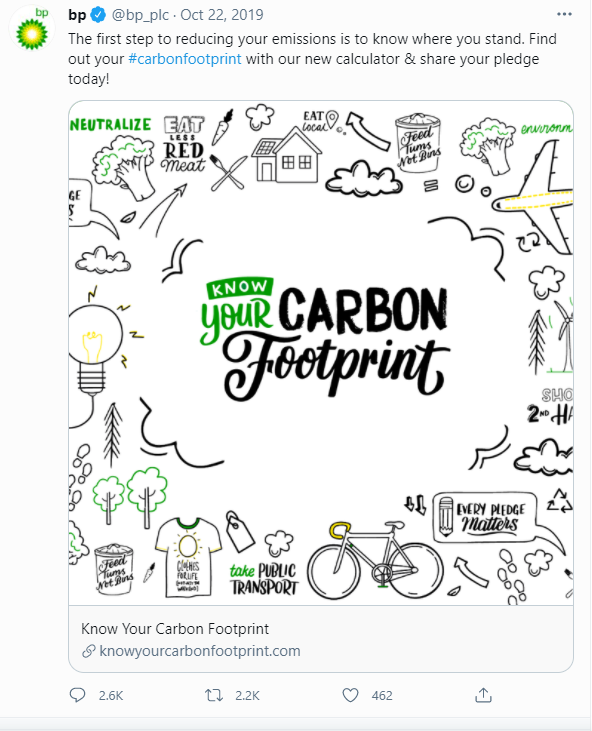
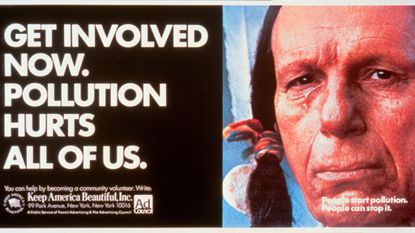
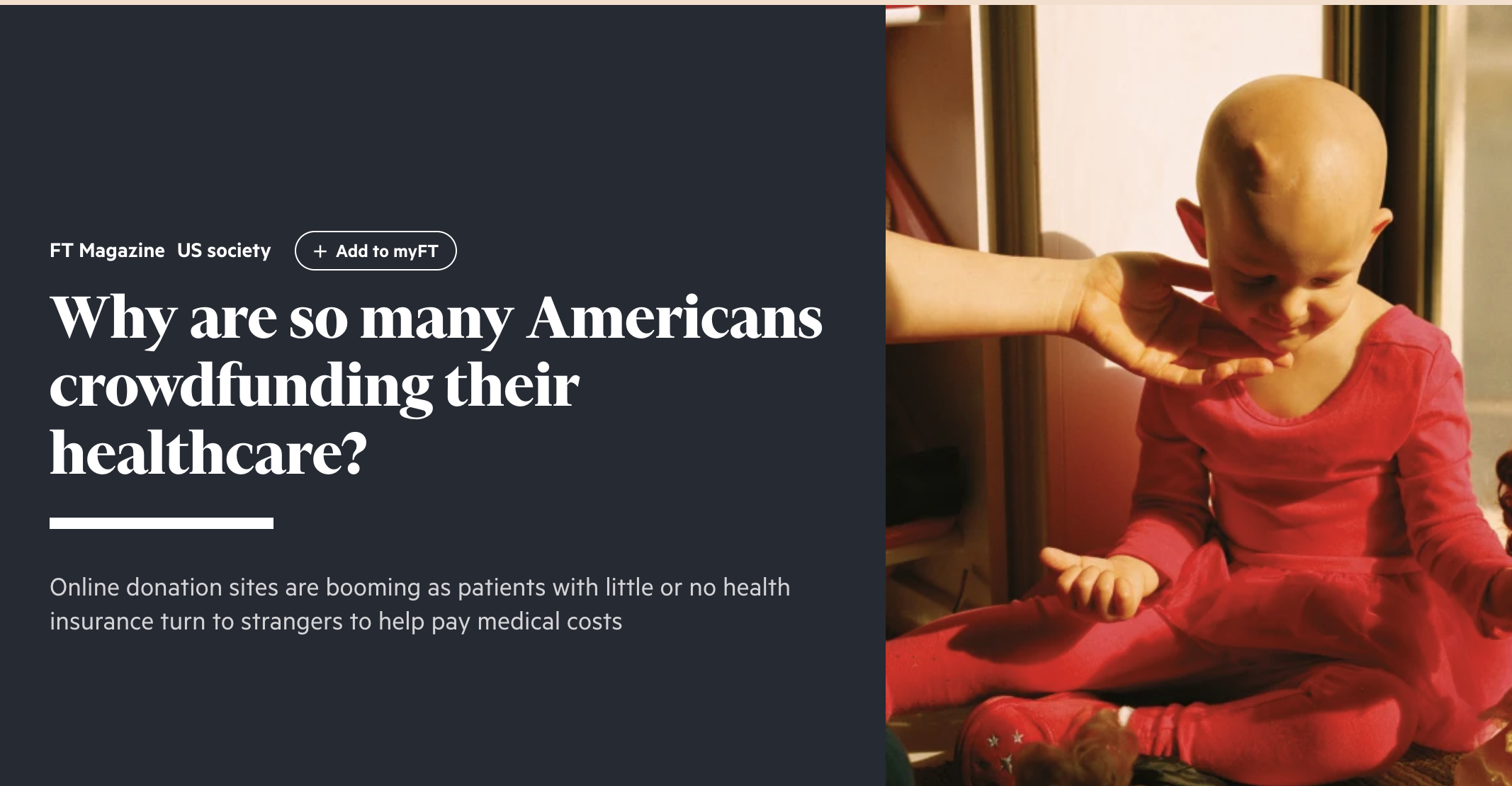
Science Denial
As Naomi Oreskes and Erik Conway covered extensively in their book Merchants of Doubt, and Oreskes and Geoffrey Supran have continued to highlight in their work at Harvard, we've seen the exact same sort of science denial with smoking, climate change, and now Covid-19. Oreskes even found some of the specific scientists who worked first for tobacco and then for oil. But there was something else at play too: science denial grew out of the long-standing practice of fake experts, expert bureaus, and research centers, pioneered by Ivy Lee and deployed by every generation of PR experts, on behalf of multiple experts. There are a few different forms science denial takes: flat out denial (the Earth is not warming), deflection (the Earth is warming, but it's not us causing it, it's volcanoes!), and delay (yes it's a problem, but we have plenty of time to deal with it).
Industries that use or have used it: Coal, food, guns, oil, tobacco
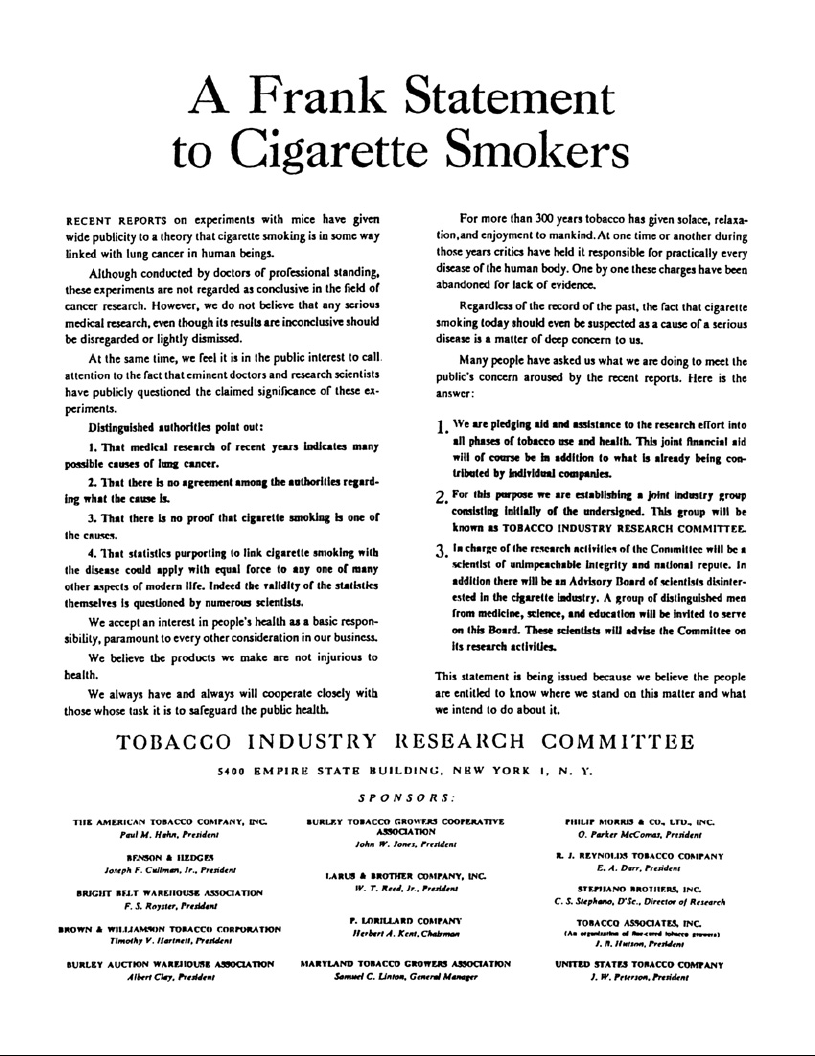

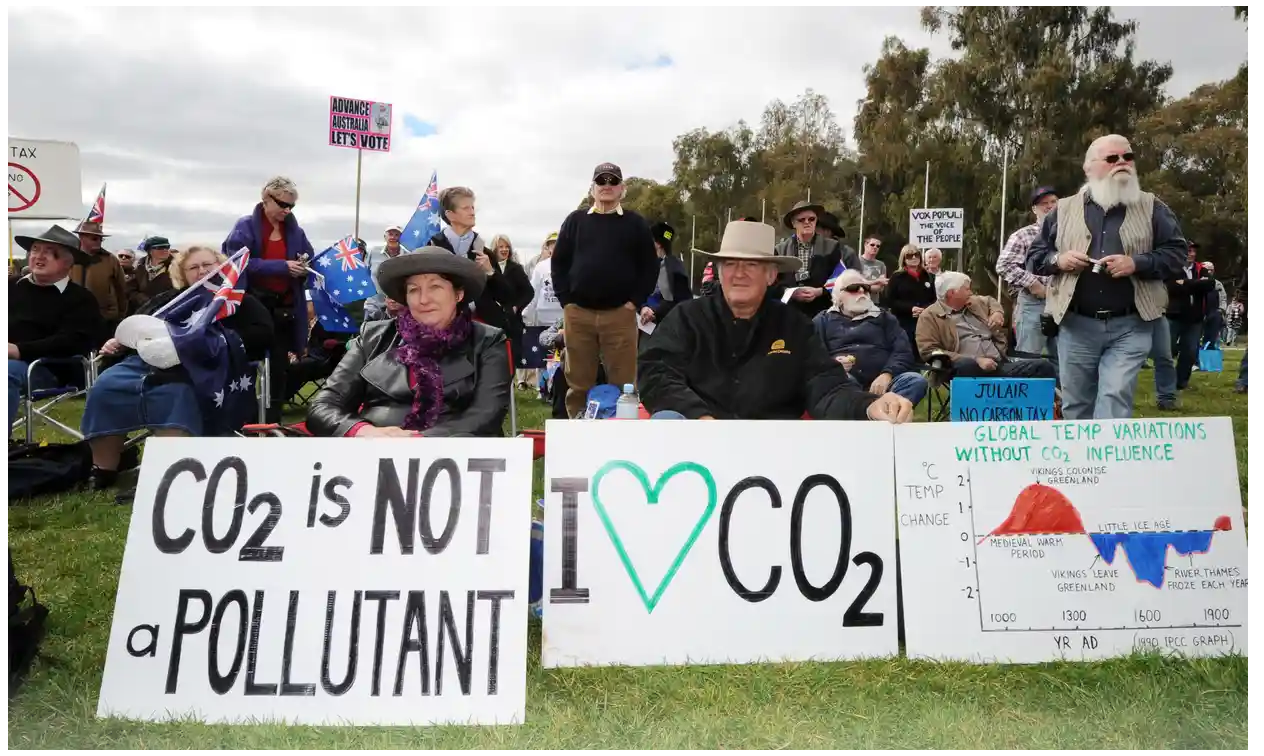
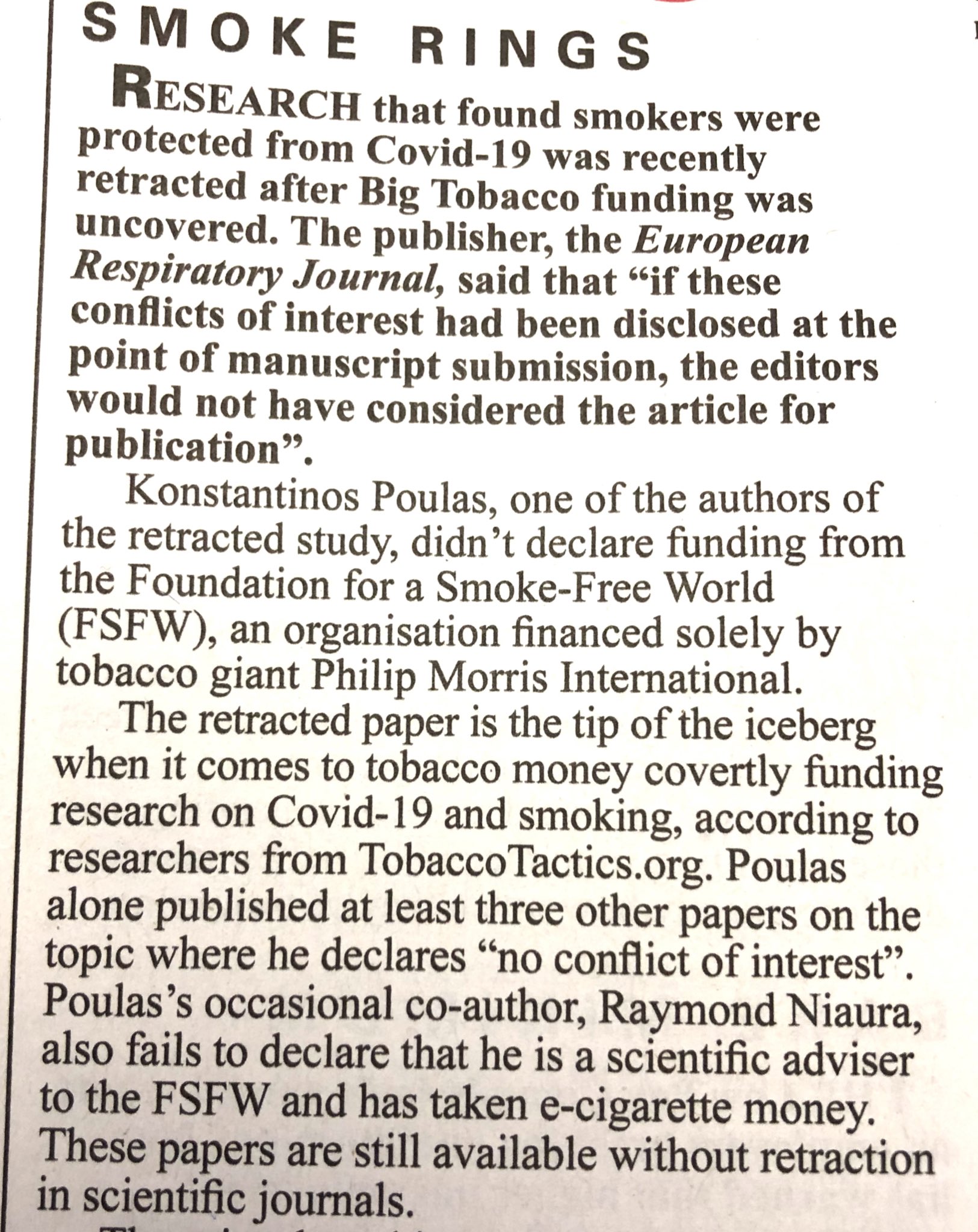
Sponsored Content
People may have been doing some form of sponsored content or another earlier (John Hill was paying a freelance journalist to write op-eds friendly to his client in the 1930s, for example), but no one came close to the entire sponcon system Herb Schmertz created for Mobil. Sponsored content is exactly what it sounds like, content a company sponsors. It's generally labeled, but a lot of viewers and readers miss that part. Sponcon can include everything from advertorials to placed op-eds to underwritten film, TV, and radio programs.
Industries that use or have used it: All of them
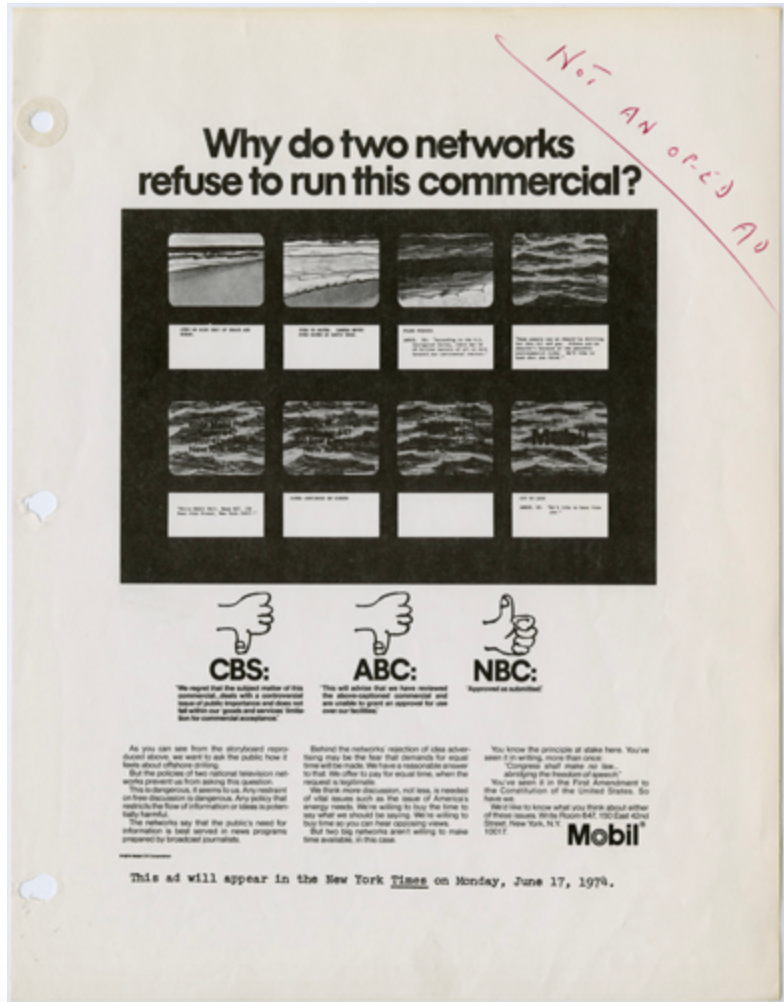
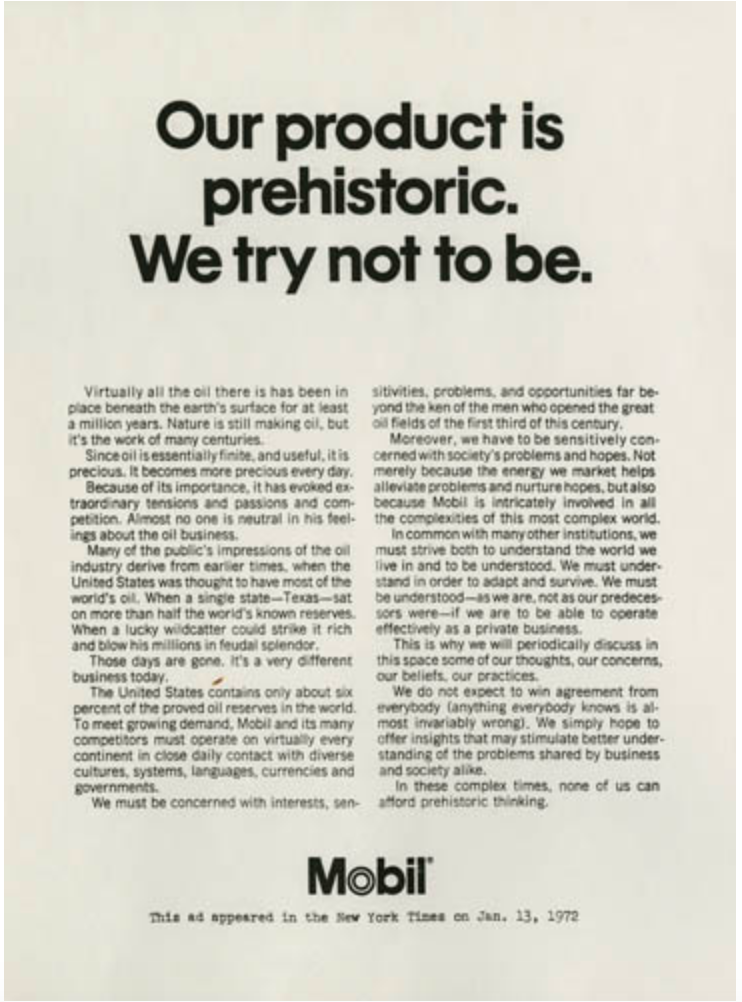

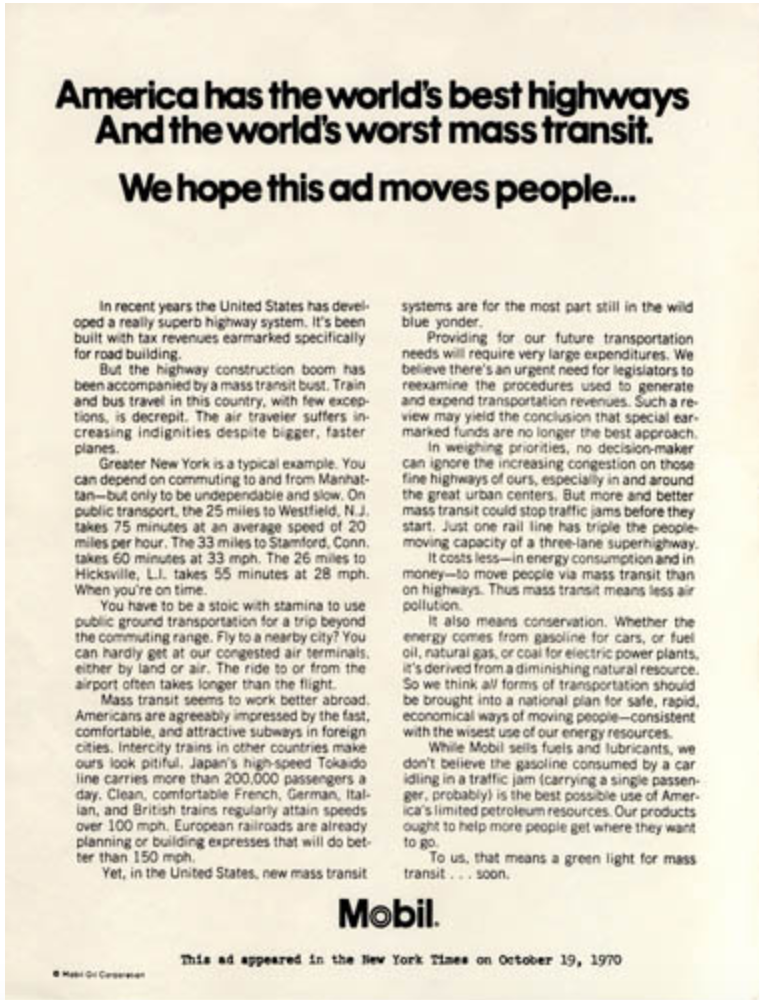
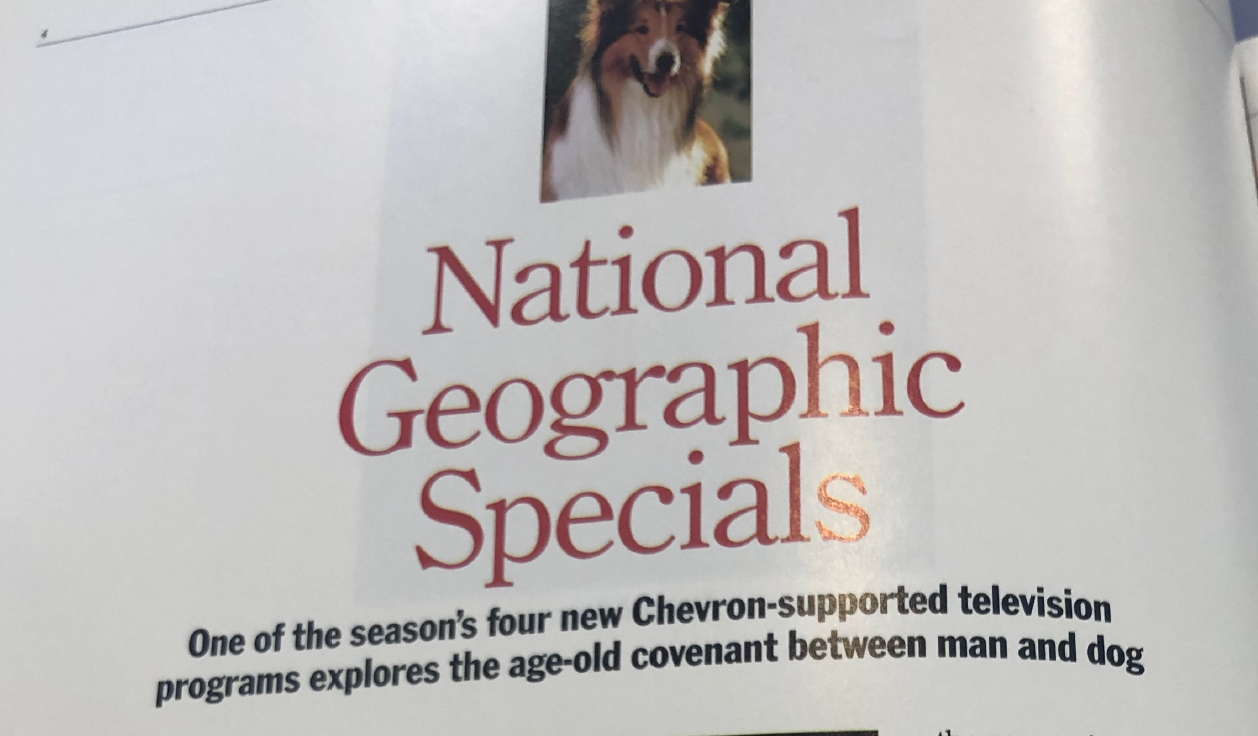




Examples:
- Mobil's weekly advertorials in The New York Times
- Chevron's sponsorship of National Geographic documentaries and Bill Moyers' docuseries
- Mobil's underwriting of Masterpiece Theatre
Attack the Messenger
When all else fails, or often before even trying anything else, the oldest trick in the book is to attack the messenger. Ivy Lee, the world's first publicist, liked to blame most of his clients' labor problems on union organizer Mother Jones. In the case of the 1914 Ludlow miners' strike, not only did he accuse Mother Jones of organizing the strike and bringing in paid protestors, he also threw in that the 80-year-old was running a brothel nearby (a wild and bizarre lie). Later, E. Bruce Harrison would throw every possible insult and accusation at Silent Spring author Rachel Carson. Car companies surveilled and tried to entrap Ralph Nader in the 1960s. Fossil fuel companies attacked the credibility and integrity of climate scientists in the 1990s (and still today), the list goes on and on.
Industries that have used it: All of them
Examples:
- The attack on Rachel Carson after Silent Spring
- The chemical industry's efforts to pain scientist Arlene Blum as a "crazy cat lady" when she alerted the public about the dangers of flame-retardant chemicals
- The attack on Ralph Nader after Unsafe at Any Speed
- Various attacks on Greta Thunberg for not knowing enough about economics to speak on climate change
Get 'Em While They're Young
Back in the 1940s and 1950s, American companies began to realize that the best way to shape the minds of the public was to start as early as possible. Industries targeted teachers groups and universities, some with a focus on shaping how Americans understood the economy, others focused on how Americans understood science or civics. In the early 1950s an important change to the tax code opened up the floodgates for corporate investments in American universities—it made corporate donations to universities a write-off. But as Standard Oil of New Jersey (now ExxonMobil) VP Frank Abrams told anyone who would listen back then, the benefit to companies wasn't in write-offs, it was in unparalleled influence on the next generation of American elites.
Industries that have used it: All of them
Examples:

- The "Magic Barrel" curriculum, developed by DuPont to hype petrochemicals
- Phillips Petroleum's American Enterprise Series, focused on the role of natural resources in private enterprise
- Exxon's Disney comics about energy
